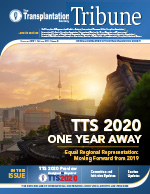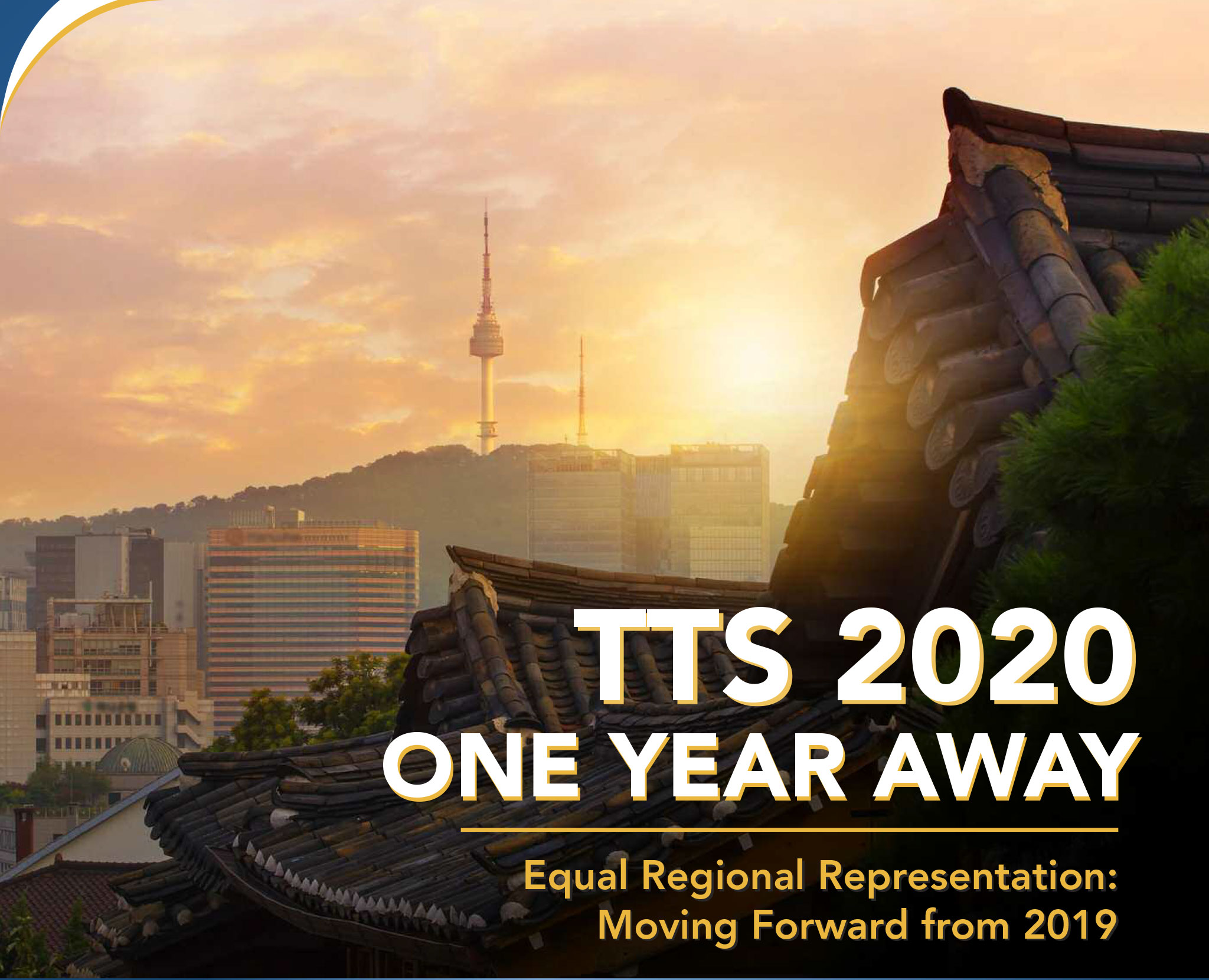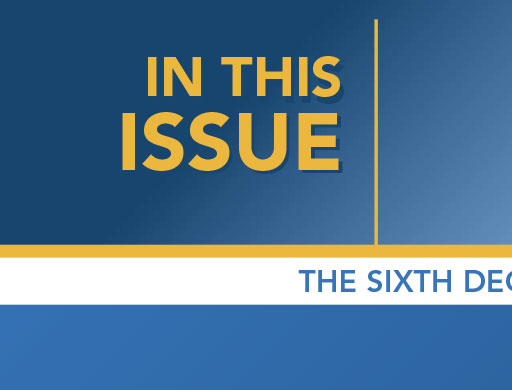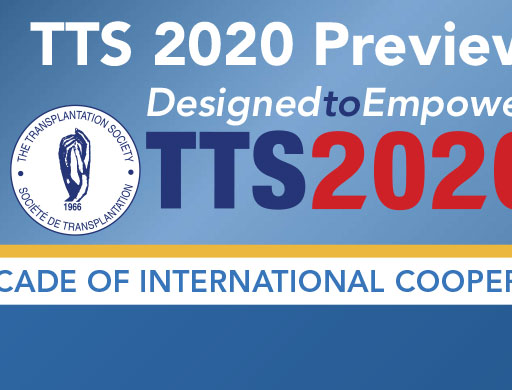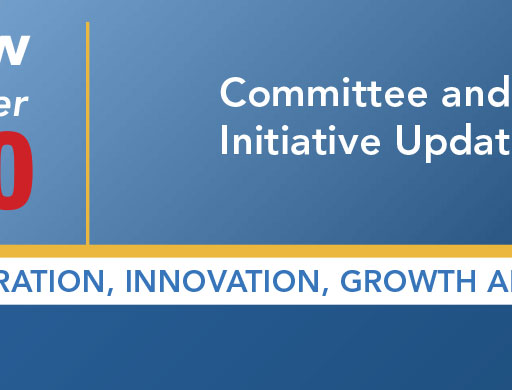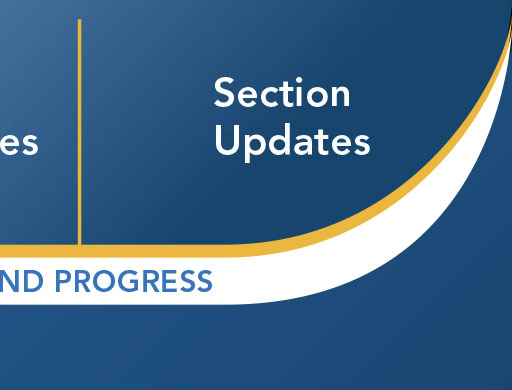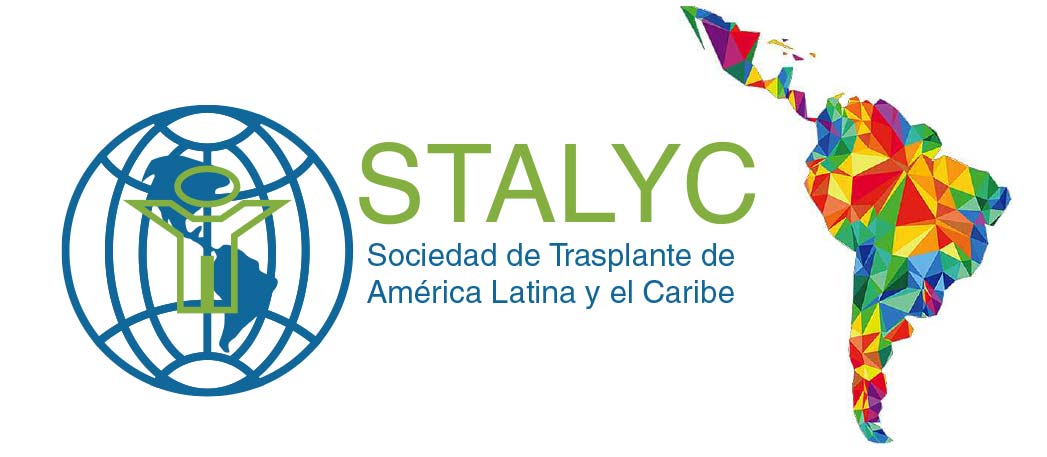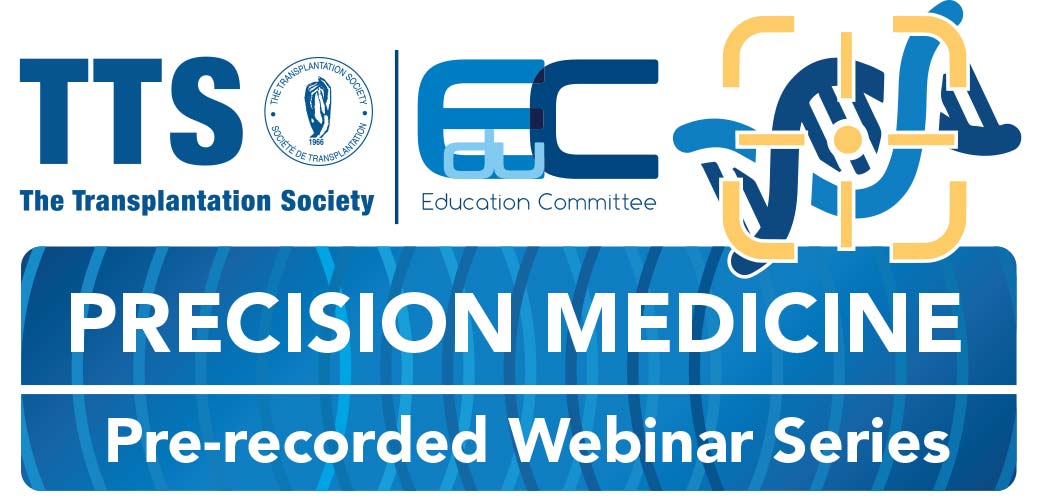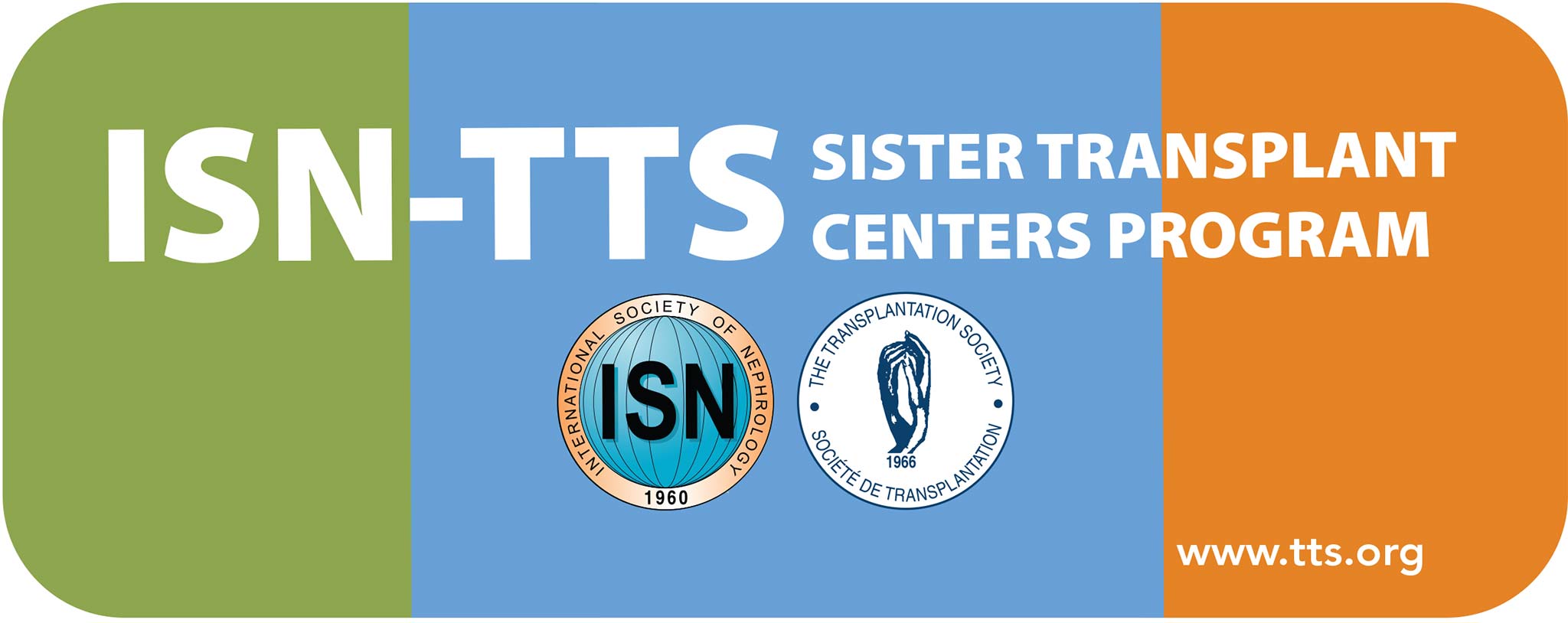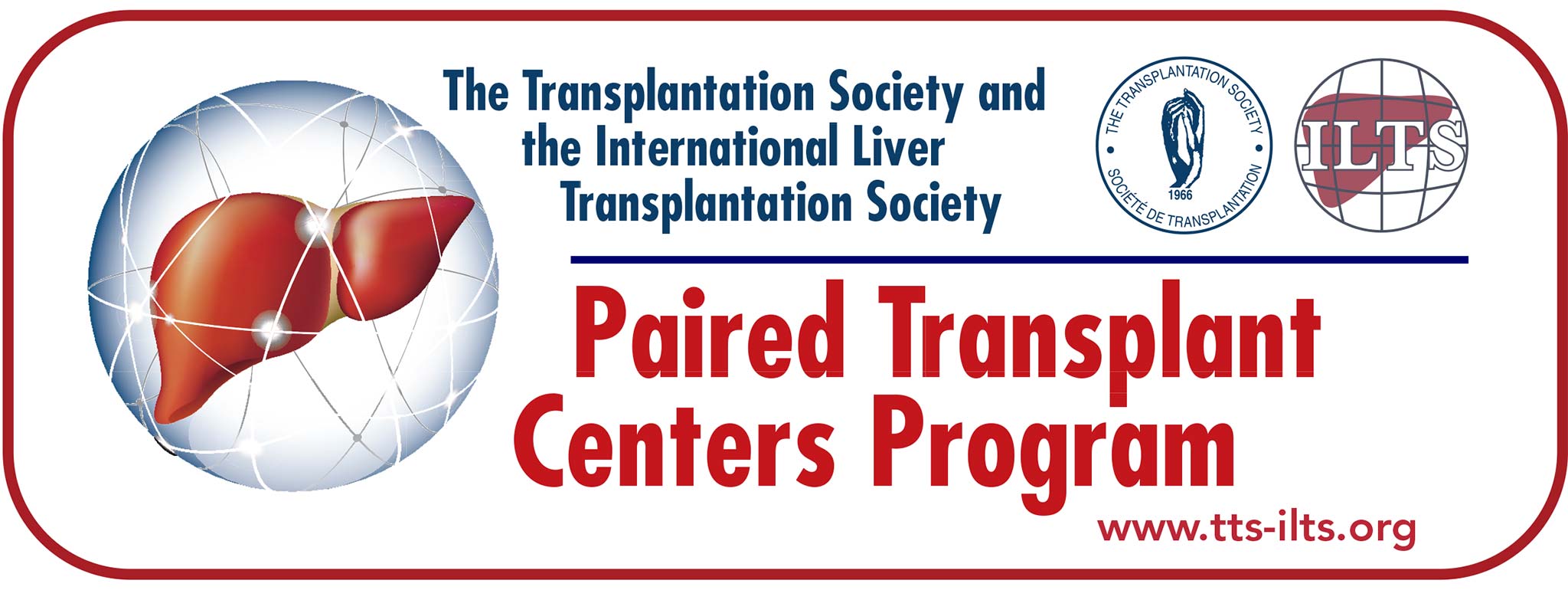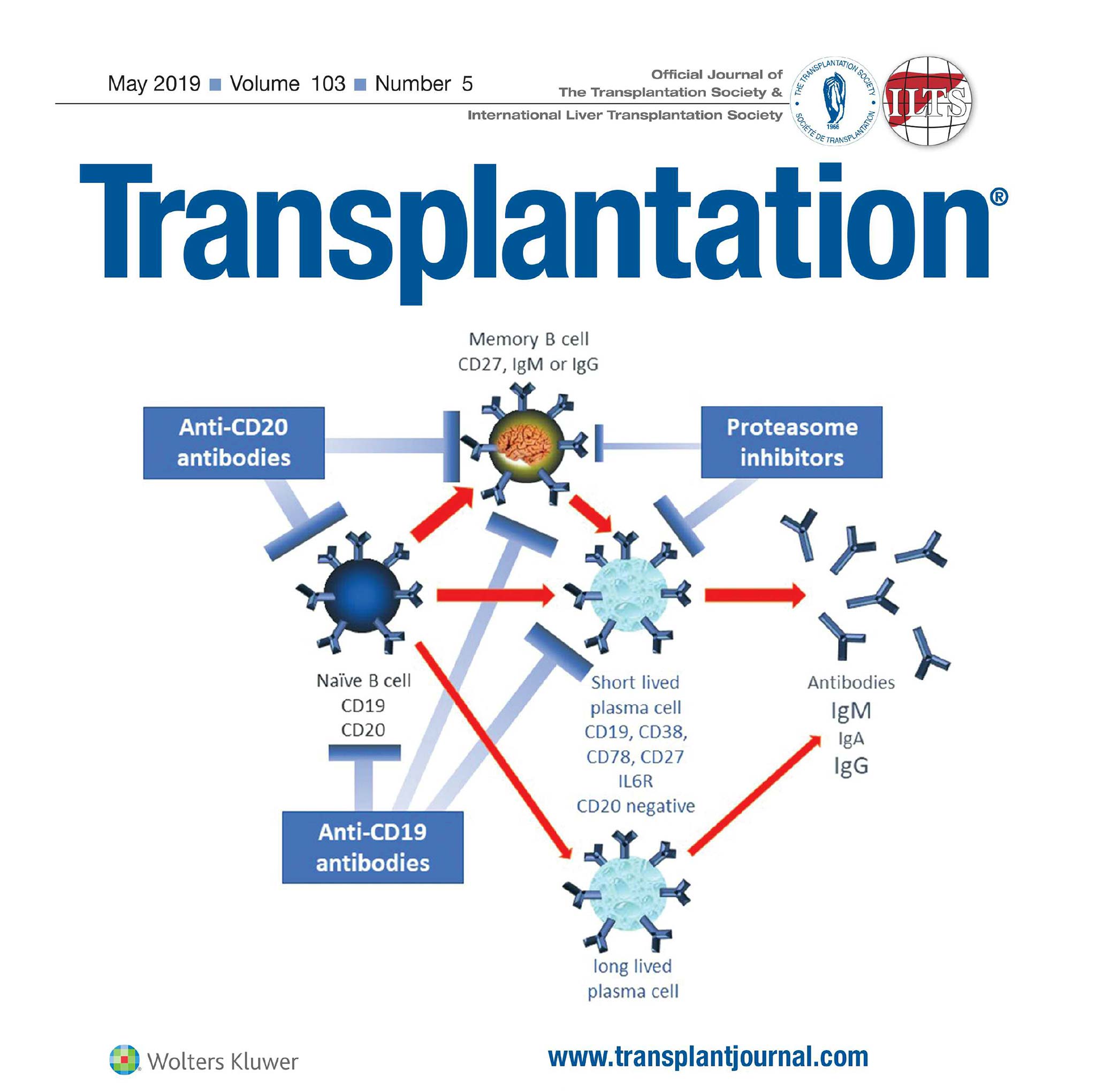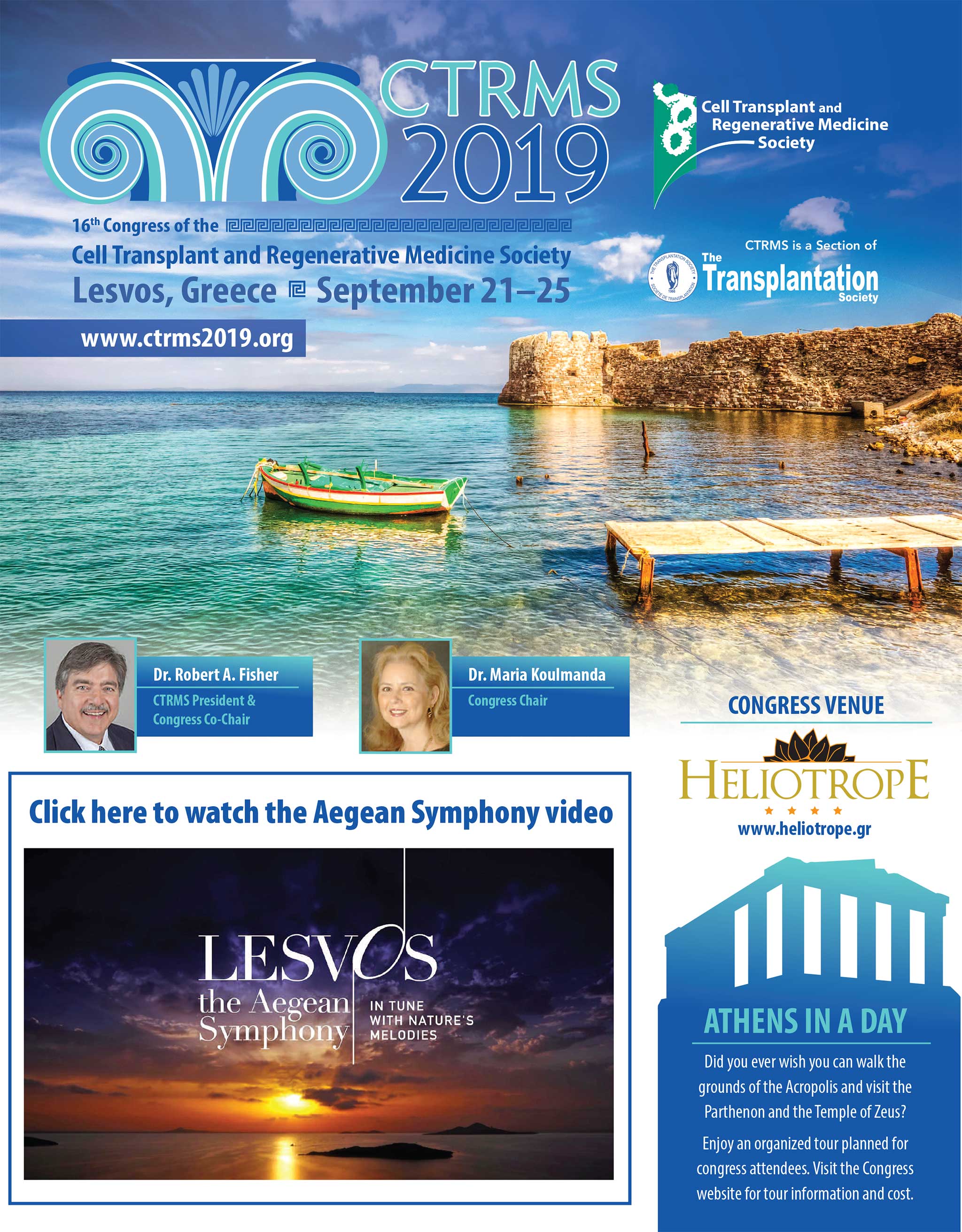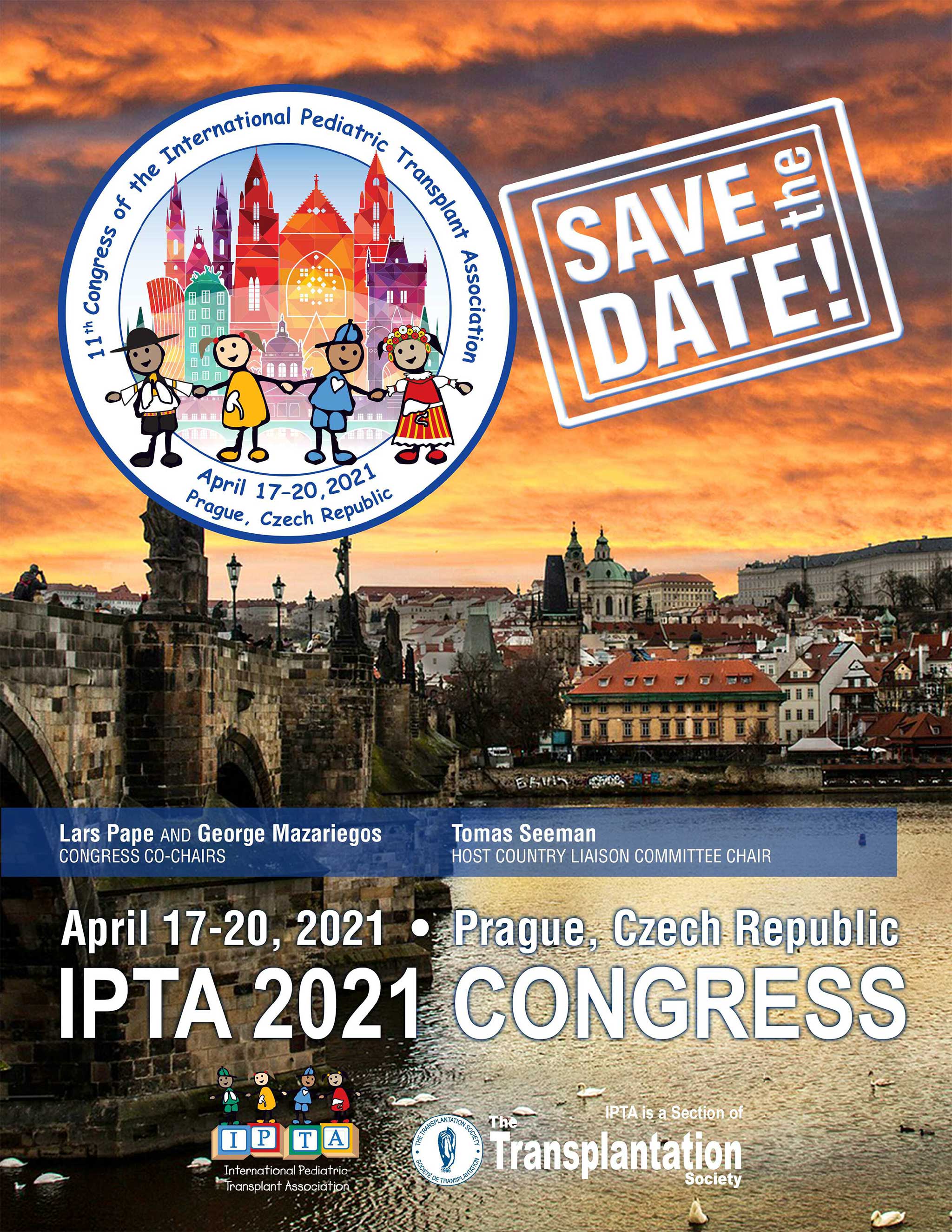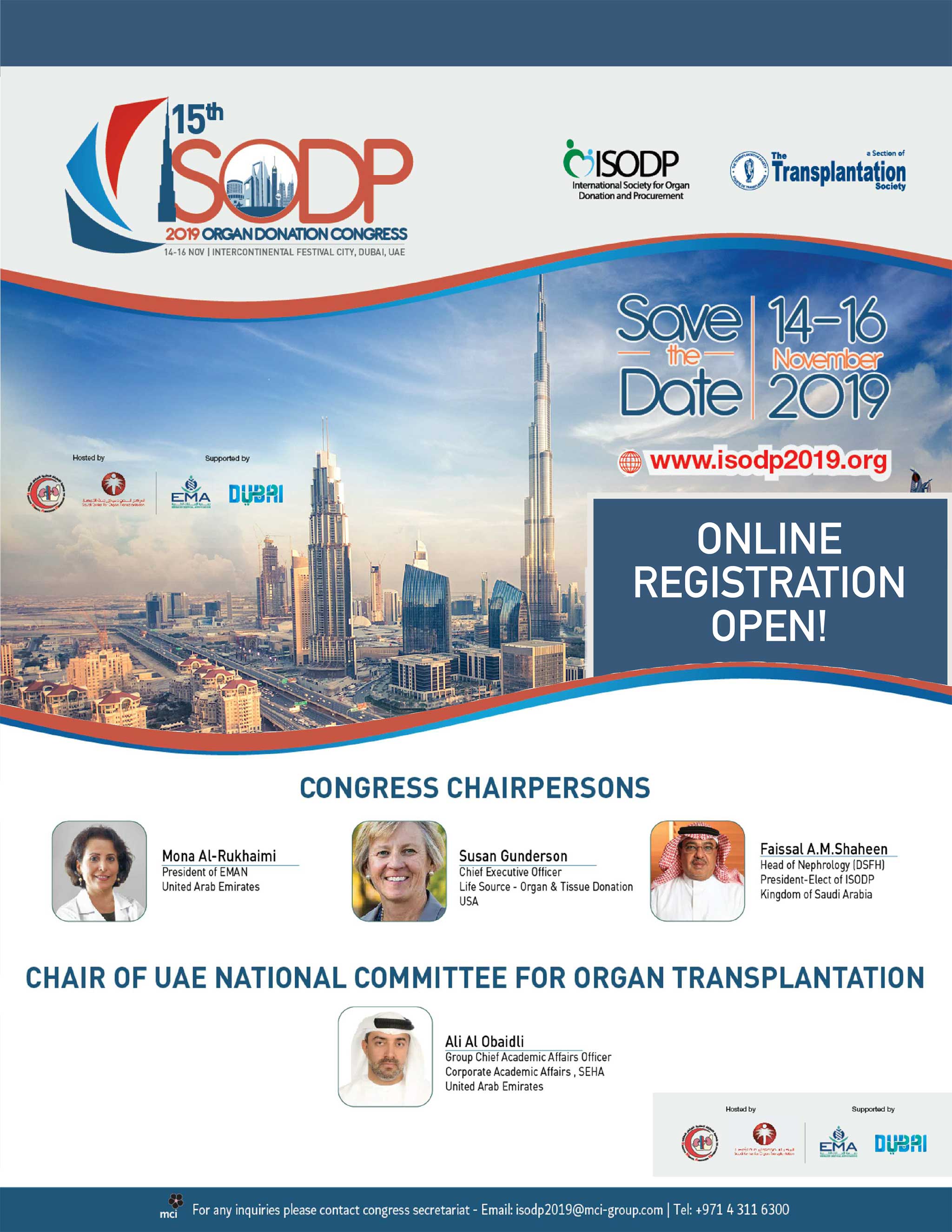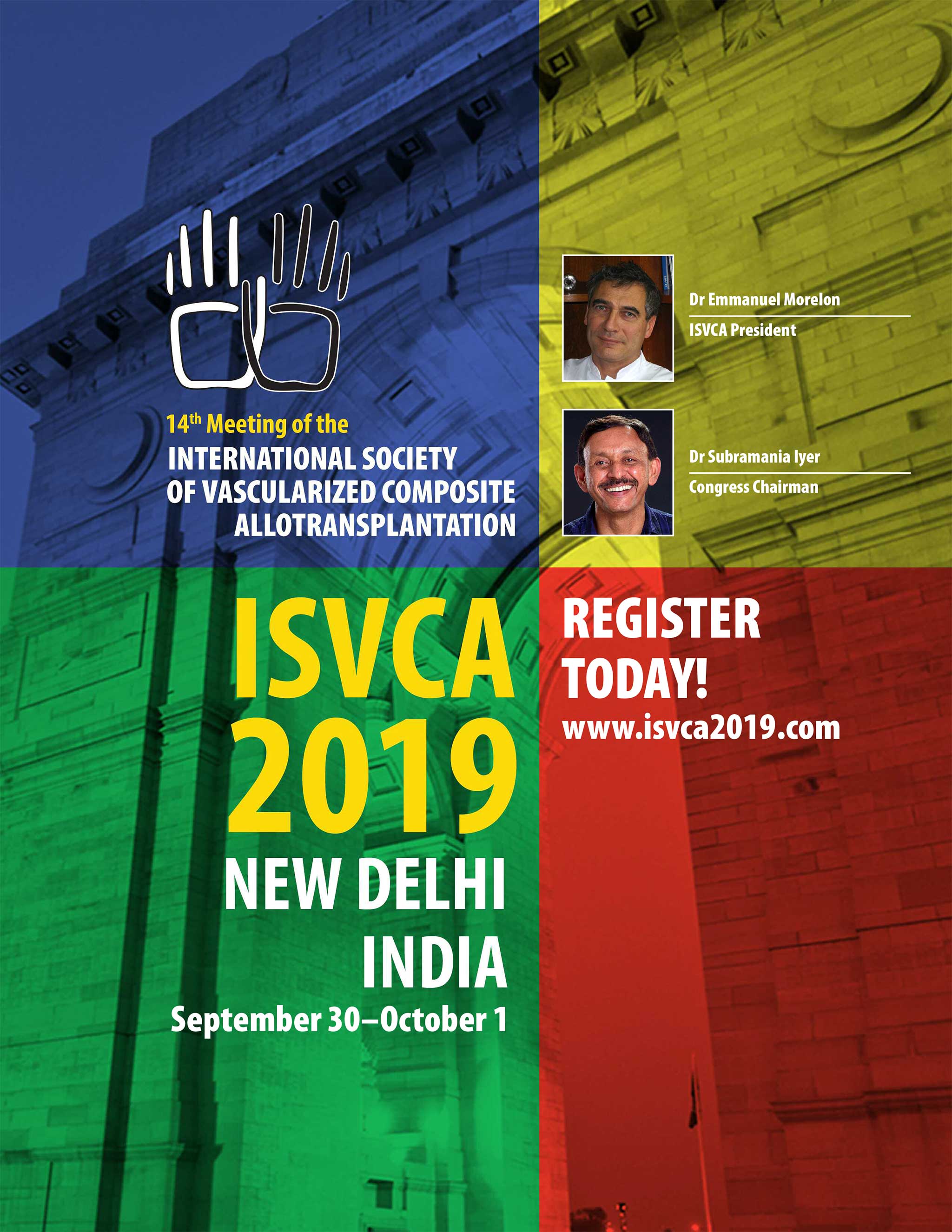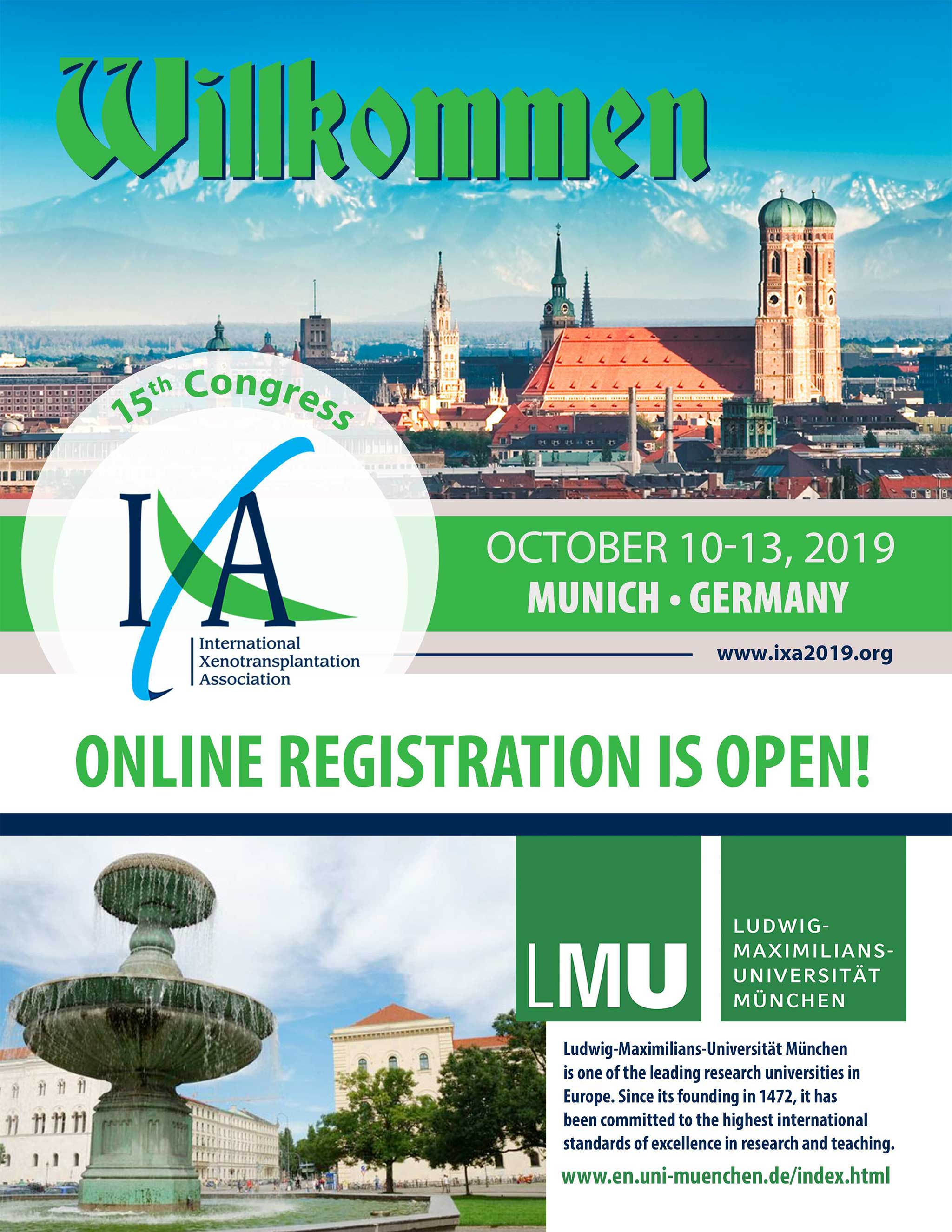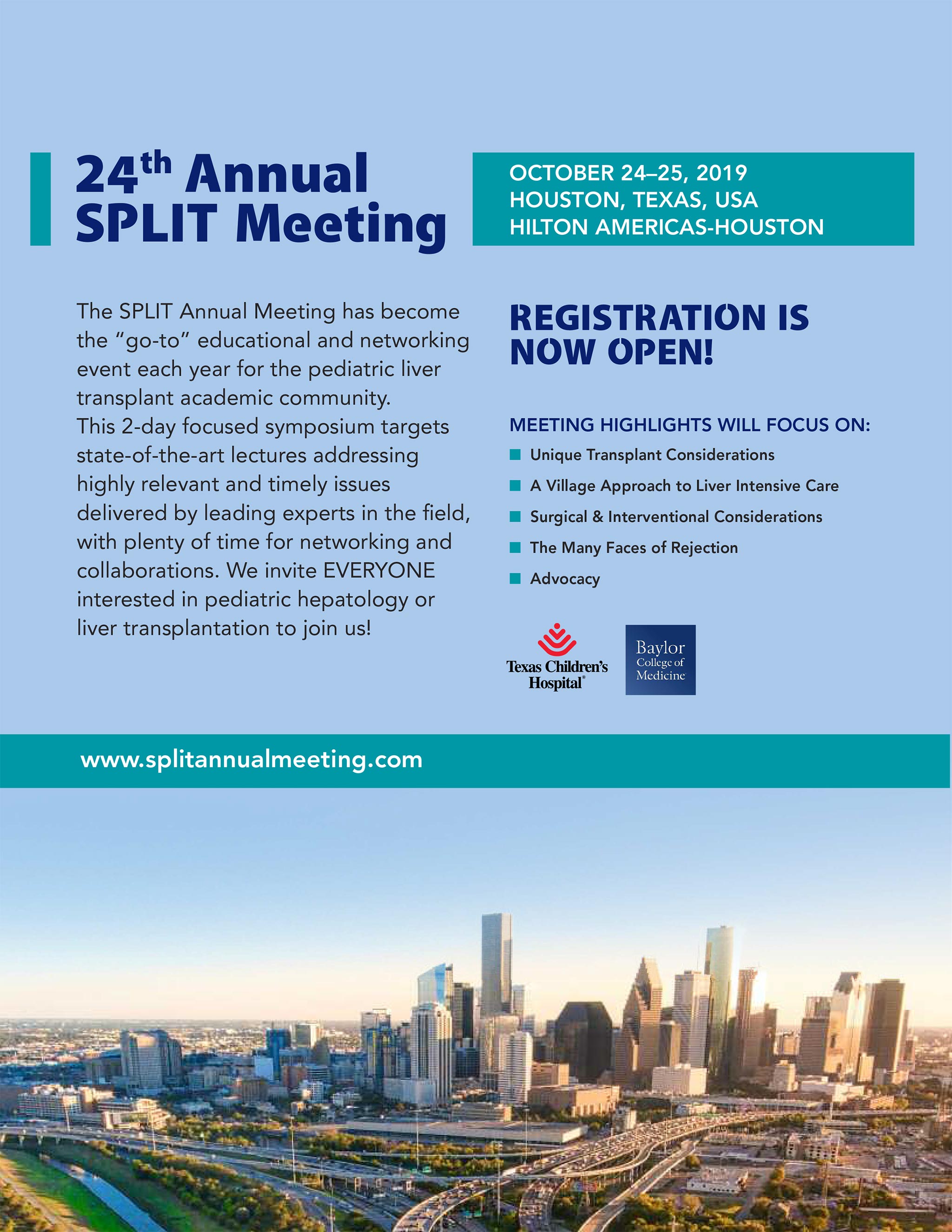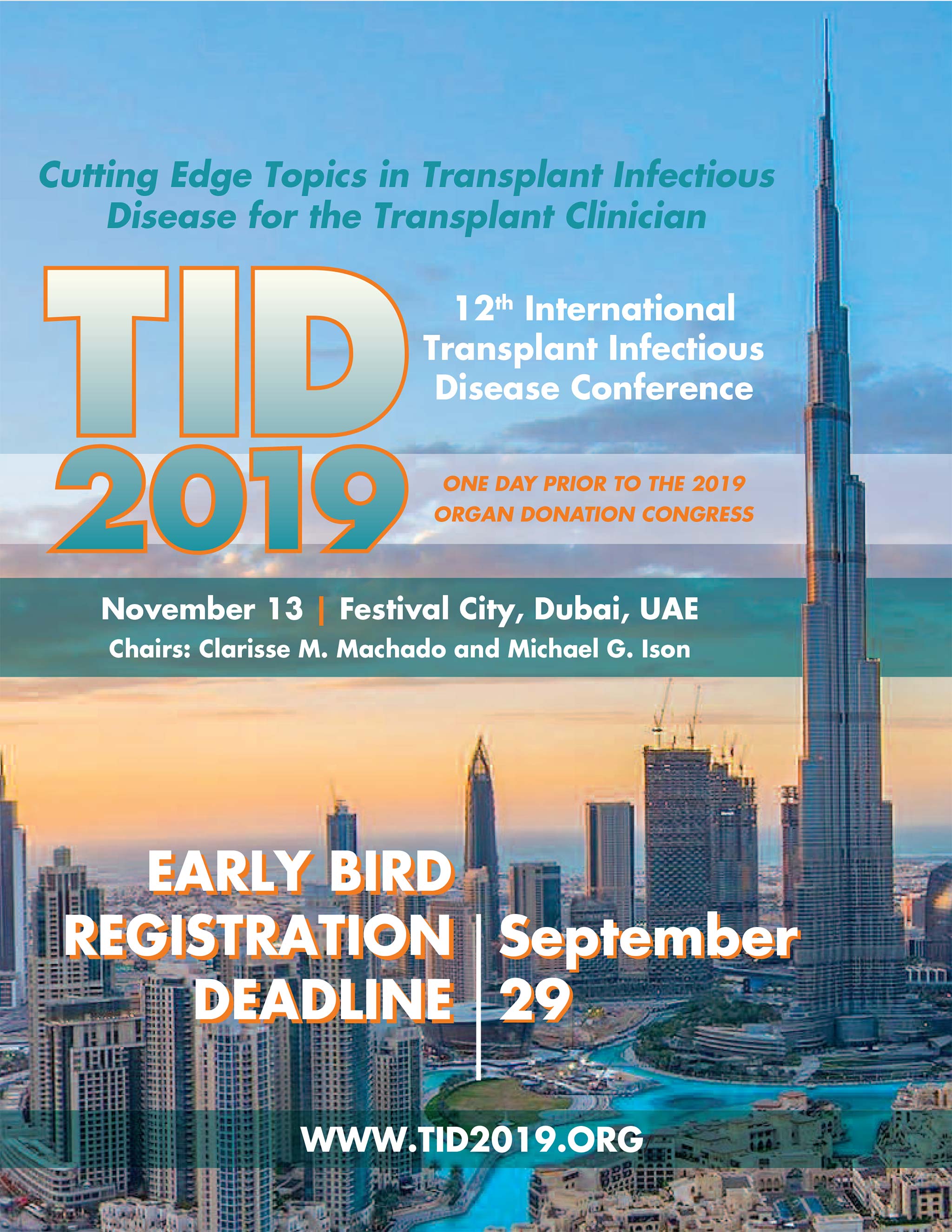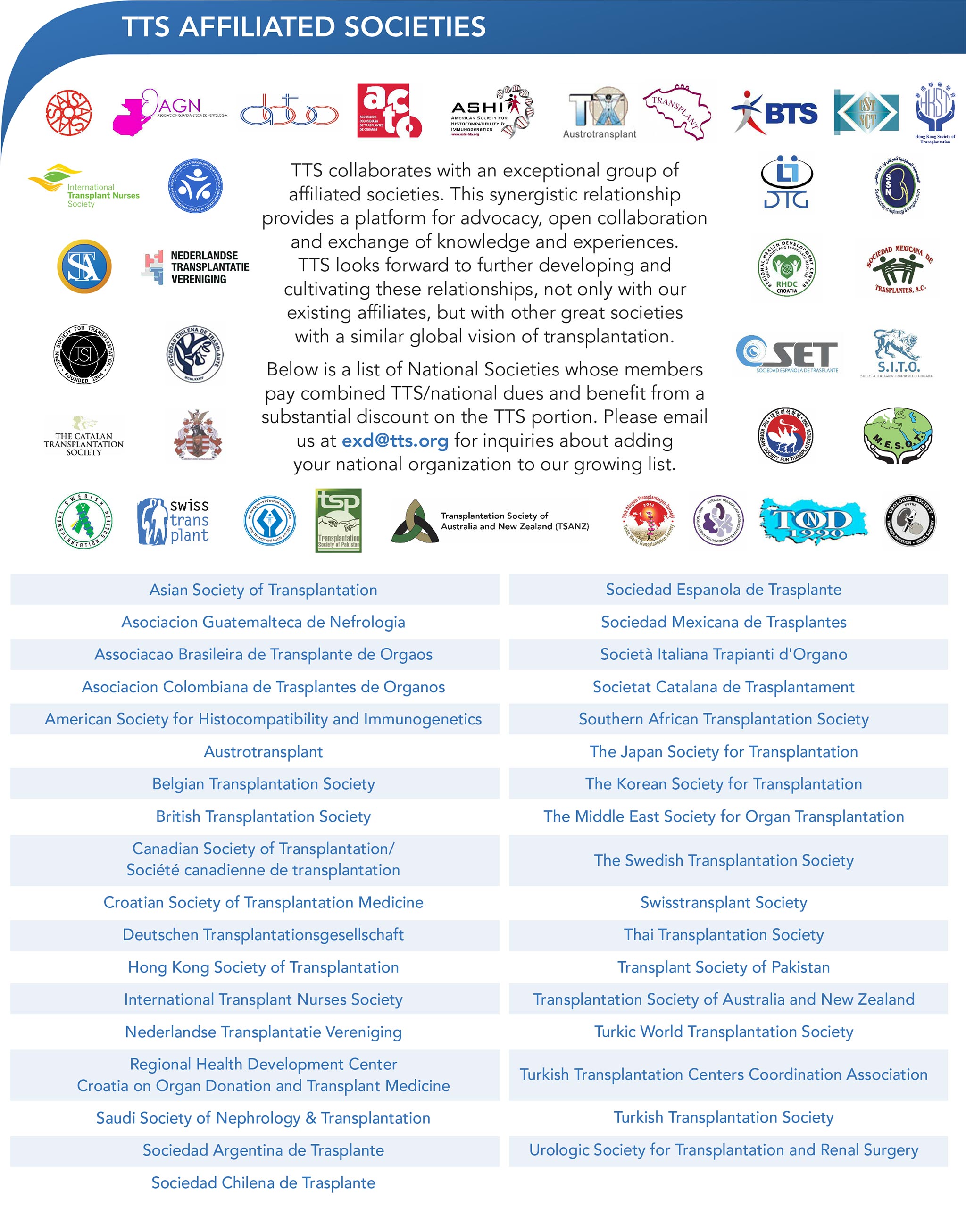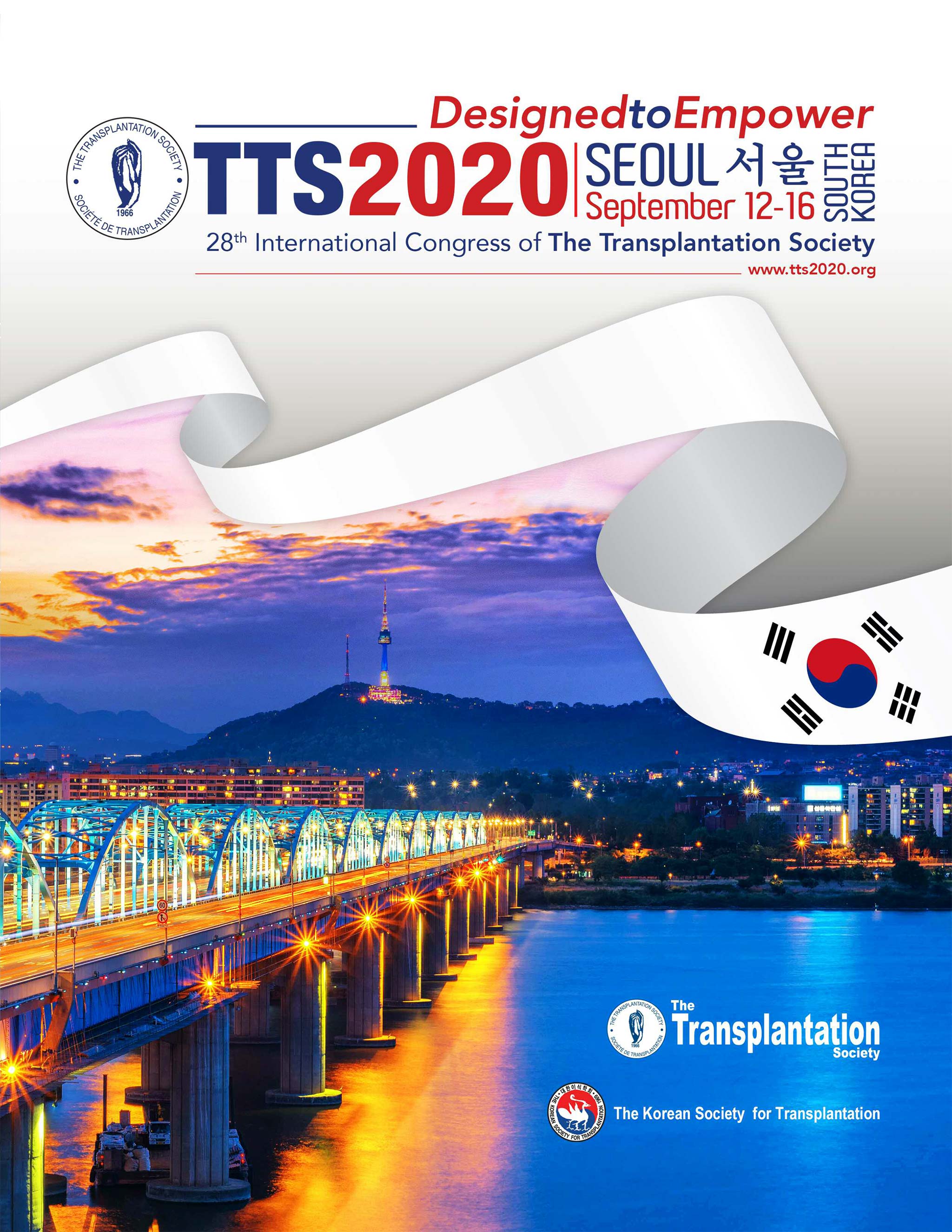Newsletter 2019 Volume 16 - Issue 2
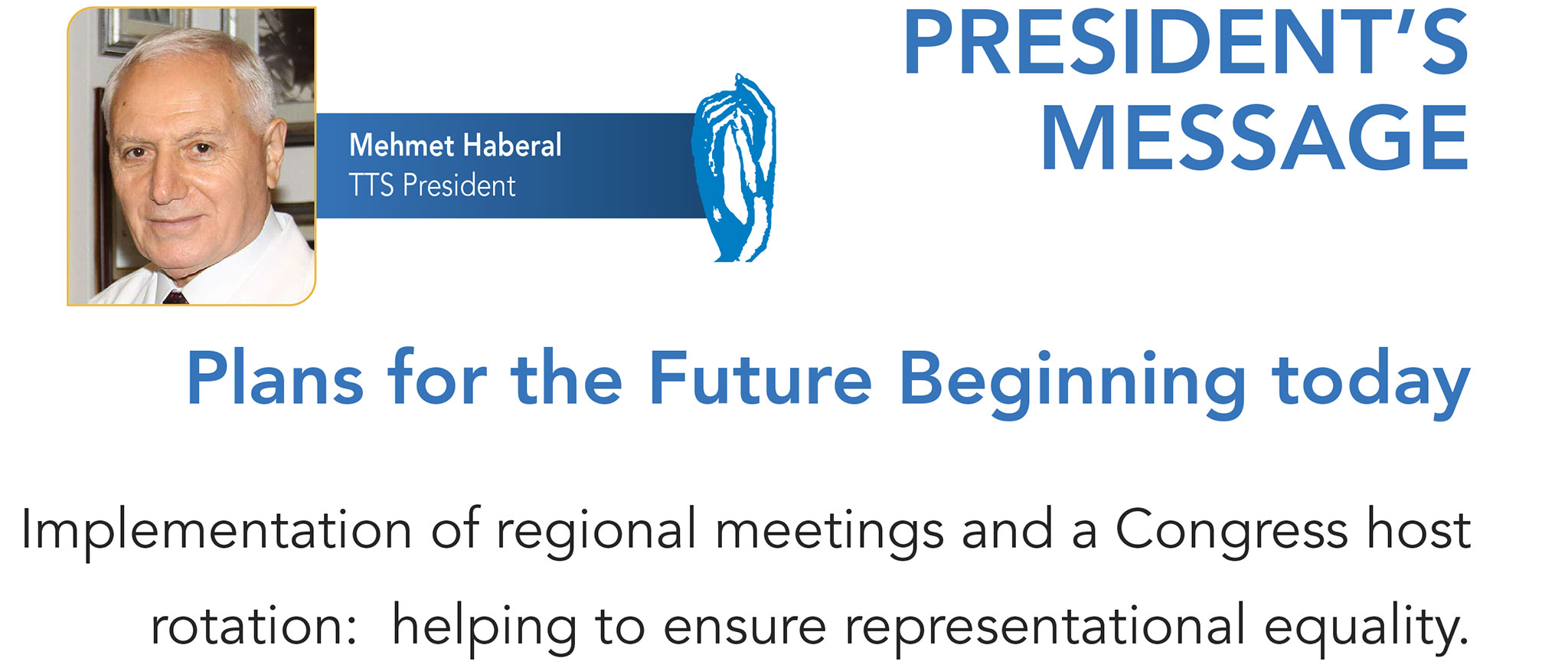
Time passes very quickly indeed. Just 12 months after the 2018 TTS Congress in Madrid, we are in the midst of planning the 2020 TTS Congress in Seoul, which is just over one year away. We are all very excited about this congress and the Scientific Program Committee has been working on ensuring the TTS once again provides an innovative and comprehensive scientific program offering the latest research developments in the field of transplantation.
Although our biennial congresses are among our most important activities, we must remember that the role of TTS must extend beyond this if we are to impact the lives of doctors and patients everywhere, every day. It is therefore essential that we remain active throughout the year so that we can keep up with the needs of our members.
This year started with the First Regional TTS Meeting on deceased donation that was held in Istanbul in March, and we hope to continue in this vein by organizing regional and local conferences as well as single-topic symposia in each region represented in TTS. Various workshops are also being organized as part of the congresses of national and regional societies. In addition, plans for the first International Transplantation Science Meeting that will be held in Clearwater Beach, Florida on November 10-13 are well under way and abstract submission has opened.
Further to our efforts to ensure equal representation of and attention to each region, as of 2024, TTS congresses will also be organized in each region on a rotating basis and for this reason, the bids for the 2024 and all future TTS biennial congresses will be made by invitation only. As the region that has never hosted a TTS congress in the past, the Middle East & Africa Region was selected as the location for the 2024 congress and invitations to bid have therefore been sent to the Middle East Society for Organ Transplantation (MESOT) and the Southern African Transplantation Society (SATS). I have no doubt that we will have outstanding bids for the 2024 Congress.
With such plans for future TTS activities, we hope to reach out to our colleagues in each region and address their individual concerns and the unique challenges that they face.
There is just over a year to go before we are in Seoul for the 28th Congress of TTS. The Congress will be held on September 12-16, 2020, at the COEX Convention and Exhibition Center, one of South Korea's largest convention and exhibition venues.
Work is well under way for the planning of the meeting. The site visit this summer was the ideal opportunity for TTS leadership to meet with the Host-Country Liaison Committee and finalize the planning for what we are sure will be a very successful congress indeed. The Congress website will provide updates on the Congress will be posted regularly and abstract submission will open early this Fall.
The Scientific Program Committee is dedicated to organizing a challenging and interesting program for the congress participants with renowned scientists who are experts in their field. A variety of formats are planned that will encourage the exchange of new scientific and clinical information and support an interchange of opinions regarding care and management issues, as well as socioeconomic, ethical, and regulatory issues relevant to organ and tissue transplantation.
This Congress will be an ideal opportunity to share our knowledge and learn from each other so as to maintain standards and expand the field of transplantation together. We will work in collaboration with our respected colleagues from The Korean Society for Transplantation to disperse the most current information in the various transplant fields to experts from all over the world.
We are sure that the TTS 2020 Congress will be a rewarding and unforgettable experience for all our participants attending from around the world.

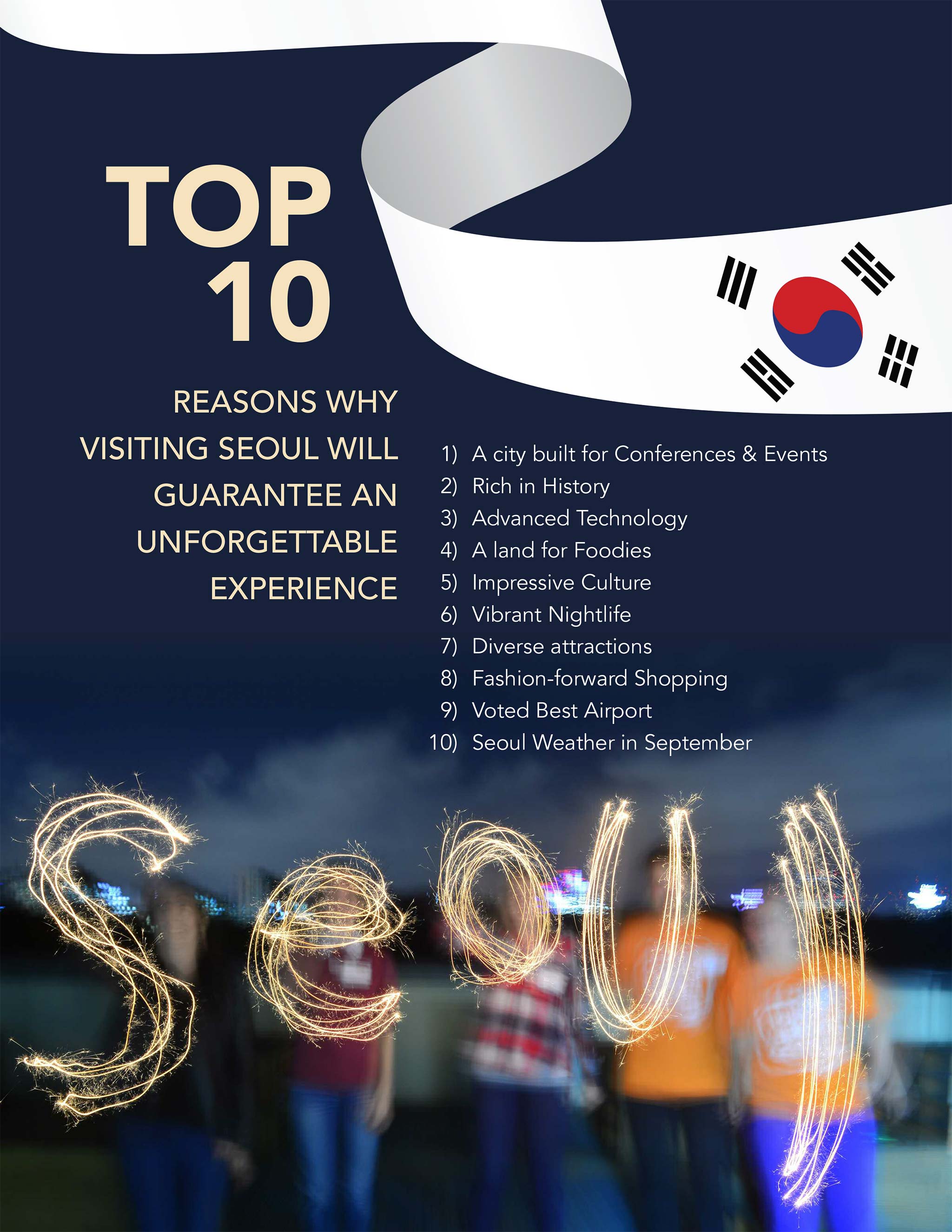

STALyC 2019, TTS 2020, and two new webinars series
TTS-STALyC Symposium on Deceased Donation
The TTS Education Committee and the organizers of the STALyC 2019 Congress in Merida, Mexico, have come together to develop a half-day pre-congress symposium to be held on October 23rd, 2019. The symposium will focus on increased deceased organ donation specifically applying to Latin America.
Looking Forward to TTS2020 in Seoul
There will be a dedicated track at the TTS 2020 Congress for leading innovations in transplant education and training with a State of The Art session (SOTA), Early Morning Workshop (EMW) and oral and poster abstract sessions. The Education Committee invites TTS members to submit their transplant education abstracts in this fall during the submission period.
If you have ideas for topics you’d like to see at TTS2020 or in a future webinar series related to innovation and leadership in transplant education and training, kindly email committees@tts.org with the subject: Education Topics.
The pre-recorded series applies current perspectives on precision medicine and the role of translational research and scientists/physician’s engagement to the field of transplantation, illustrating how these approaches have led to significant advancements in the field. It provides further justification for deliberate, targeted efforts to cross-in translational transplant research. Each month a new webinar will be released. TTS members are invited to submit comments and questions about each webinar for two weeks after the video is released on the site. The questions will be sent to the speaker and moderator to respond and we will post the responses.
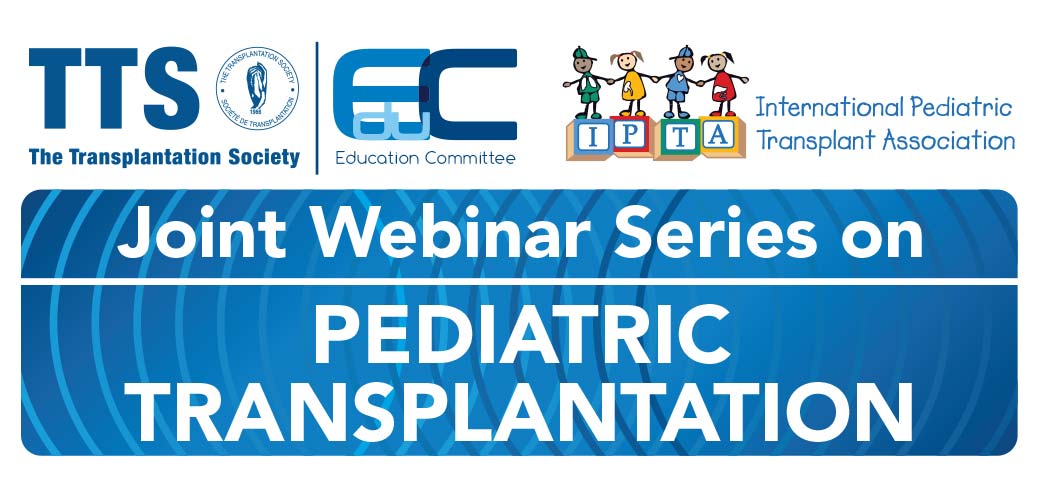
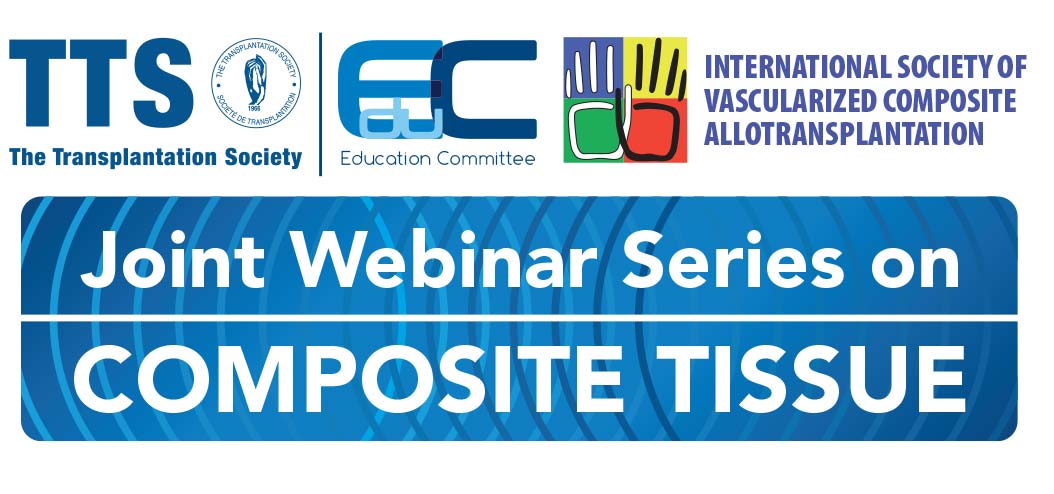
The Education Committee has also teamed up with IPTA and ISVCA to put together two informative webinar series. The first webinars are scheduled for Fall, 2019.

significant ethical dilemmas met with uncompromised principles
The Ethics Committee of TTS continues to tackle several ethical issues impacting global transplantation. Many of the ethical dilemmas relate to strategies for expanding both deceased and living donor transplants without compromising ethical principles, including:
-
Global kidney exchange;
-
Legal age limit for live donation;
-
Advanced donation programs;
-
Living donor transplant for metabolic disease;
-
Living donors in multivisceral organ transplant;
-
Guidelines for the psychosocial evaluation of living donor; and
-
Euthanasia and subsequent organ donation.
The latter is already occurring in countries where there is ethical and legal acceptance for euthanasia, and the TTS Ethics Committee will be addressing the complex ethical issues in this challenging area.
Xenotransplantation and stem cell therapies are strategies for dealing with the global organ shortage. There have been major advances in both fields, and clinical translation is imminent. CRISPR technology has made “humanized” pigs a reality, increasing the feasibility of xenotransplantation. There are transplant teams poised to start clinical trials next year, using donors from pigs for both kidney and pancreatic islet transplantation. Similarly, advances in stem cell technology (both embryonic and induced pluripotent stem cells) have resulted in beta cells clusters that are considered safe and effective in reversing diabetes in non-human primates. These stem cell derived beta cell clusters are also “on the cusp” of clinical trials to reverse diabetes in people with Type 1 diabetes. The ethical hurdles for both xenotransplantation and stem cell therapies are significant, and these topics will be of paramount importance in the agenda of the TTS Ethics Committee.
The ethical issues confronting social media are equally significant – and Google has become an important first line of information. The potential for commercial transactions around organ donation are apparent and are just one of many ethical concerns that the TTS Ethics Committee will need to address with the multiple social media platforms that have become part of our lives.
Finally, an important mission of the TTS is to advise and assist transplant professionals in the development of transplant programs in resource-limited countries. Assistance in the development of an infrastructure with regulations and a transparent reporting system will minimize the risks of practices linked to transplant tourism, unethical organ sources or other irregularities. The ethical issues in assisting transplant programs in these countries will continue to be an important area for the TTS Ethics Committee.

Over the past year, the TTS Transplantation Science Committee has been working with its equivalent subcommittees in the American Society of Transplantation (AST) and the European Society for Organ Transplantation (ESOT) to develop a new joint meeting in transplantation science. The impetus for this was the need to streamline the many annual international conferences and maximise the opportunities for contact between scientists. The newly inaugurated annual International Transplantation Science meeting will rotate between regions to ensure that there is ample opportunity for the global community to engage.
For more details, please visit www.myast.org and click on the meeting link from the home page.
The first meeting will be held in Clearwater, Florida, November 10th-13th, 2019. An exciting programme of speakers has been organised by the three societies, with keynotes from Katherine High (Spark Therapeutics) and Douglas Green (St Jude Children’s Research Hospital). Symposium topics include T Cell Dysfunction, Sex in Basic Transplantation Science, Transplant Therapeutics, Microbiota in Immune Regulation, Tissue Resident Cells, and Transplant Engineering. On Sunday November 10th a workshop on the use of single cell analysis techniques in transplantation will be delivered by experts in the field, with representation from nearly every technical field including single cell sequencing, multiparameter flow cytometry, Nanostring technology, and cell receptor sequencing. Abstract submission is now open and we hope to see as many of you there as possible!


By Shaifali Sandal
One of the most important aspects of a transplant professional’s career is their research contributions, in particular, their publications. Generating an idea often is the easy step, but transforming that idea into a valid research question and then conducting research based on sound methodology is very challenging. But that’s a topic for another discussion! The greatest challenge may actually come once the research is finished: convincing an editor and anonymous reviewers with expertise in the field that your research is valid, important, of interest to their readership and that the results are of significant impact to that particular field in medicine. This process can be arduous and frustrating, as many articles are rejected during the editorial screening process and never reach external peer review. As Dr. Jeremy Chapman, Editor-in-Chief of Transplantation points out, “an original research paper has a 100% chance to be sent back to the authors for some revisions”. So, what does one need to know to get their work published?
There are five key components to an original research paper: abstract, introduction, material and methods, results, and discussion. All journals have a detailed “Instruction for Authors” section on their submission website, and these guidelines provide a wealth of information on how to structure each section.
The abstract is, unfortunately, one of the most important parts of a manuscript. Dr. Chapman notes that most of your readers will only read the abstract and only if it is of interest will they read the rest of the paper – so make it interesting and accurate. When Dr. Chapman is reviewing a paper for publication, he reads the abstract, then the manuscript, and then revisits the abstract again. He specifically looks for whether the abstract includes the problem and the hypothesis, if it includes relevant and important data, if the authors provide an answer to their hypothesis and whether the authors are honestly and humbly drawing their conclusions and not overstating them. It goes without saying that every abstract must be readable and without grammatical errors.
While the abstract conveys a first impression of one’s work, Dr. Chapman recommends the following order when writing a manuscript: material and methods, introduction, results, discussion and finally, the abstract. He recommends writing the abstract last given the extremely important role it carries in decision making regarding the manuscript, and its future citation potential. So, write the material and methods section first. In fact, for large prospective studies, consider publishing the methodology of the paper ahead of time and referencing it when the study is completed. Some standard and well-known methods and procedures should not be described and an appropriate source should be referenced instead, unless there is a modification to a standard method. Next, write the introduction, in which you will provide the context and purpose of the study and clearly state the research question. Follow this with the results section, which must be concise and factual. Where possible, present your data via easy to understand figures and tables but avoid redundant illustrations or text, and do not repeat in the text what is available in a table. Lastly, use the discussion section to interpret, contextualize and provide commentary on the findings. A common error is to regurgitate the results; Dr. Chapman recommends putting your work in the context of the current literature and arguing for the significance of your work with minimal restating of the findings.
In addition to the five components of every paper, authors should pay particular attention to the title, the cover letter that accompanies each submission, and the references section. On the subject of the title, “make your message clear… uncomplicate it,” suggests Dr. Chapman. The title and the abstract shape the initial attitudes of the reviewers towards one’s manuscript, so it is important that the title be catchy but simple and succinct. The cover letter accompanying the submission is another important piece. Here, authors should provide an overview of the content in one or two sentences to give the editors clear view of their work. Lastly, the reference section must be complete and properly formatted. Dr. Chapman recommends ensuring that references use the correct journal style and using each reference wisely. It is also of paramount importance to include references of experts in the respective field, as these people often serve as your reviewers.
The work is not over. Dr. Chapman recommends first reading the manuscript again and then getting every author to read and edit it. Next, he suggests having a colleague, particularly one likely to be your critic, read and edit it. Make your revisions based on everyone’s input, and read the manuscript again to ensure that after several rounds of revisions the manuscript is not disjointed. Most importantly, have an individual whose first language is English thoroughly review the manuscript to ensure it is readable and that there are no grammatical errors. Be prepared to revise it again and again to get it right!
Some last pieces of advice. First, do not perform any research without an ethics review board approval. Second, be aware that all manuscripts go through a plagiarism checker and journals have a threshold above which the manuscript is at risk of being returned to the authors. Dr. Chapman concludes by saying that while publishing a manuscript in a high impact factor journal is tough, there is a system – use the system and do not try to skip the system.

championing issues of sex and gender in transplantation
It is an exciting year for Women in Transplantation, as we celebrate 10 years as an initiative of The Transplantation Society.
In keeping with our mission to advance and inspire women transplant professionals and to champion issues of sex and gender in transplantation, and with the overall aim of worldwide gender equity and inclusiveness in transplantation, we hosted (and will be hosting in the future!) both symposia and networking WIT events at 6 international transplant meetings across the globe. Our speakers are carefully selected for their knowledge, expertise and experience, and span a broad range of transplant specialities, as well as diverse geographical locations.
Our most recent event at the American Transplant Congress in Boston in June 2019 was a resounding success. This event, co-hosted by the American Society of Transplantation Women’s Health Community of Practice, was attended by more than 125 people. Our special guest, pediatric nephrologist Dr. Julie Ingelfinger, spoke on her career in nephrology, academics, career advancement, and as an editorial board member of the New England Journal of Medicine. The content appealed to a widely diverse audience. She recognized the challenges in her career, and ours as well, reminding attendees not to sell themselves short, to celebrate one’s strengths and to support others.
Looking forward to additional exciting events in 2019, a networking breakfast is scheduled at ASHI/Banff 2019 meeting in Pittsburgh, where Dr. Ann Thompson, Vice Dean and Professor of Critical Medicine at the University of Pittsburgh School of Medicine is scheduled to speak on her work on unconscious bias in academia. This will occur on Tuesday September 24th at 07:00, and you can register here: https://2019.ashi-hla.org.
We follow this with IXA 2019, (www.ixa2019.org) in Munich on October 13th at 12:00: Dr. Megan Sykes and one of our Executive members, Dr. Christine Falk, will be speaking on sex and gender in transplantation on behalf of WIT, followed by a networking event.
We then move on to Latin America with a networking event at ABTO (http://congressoabto.org.br/2019), October 16–19, in Campinas, Brazil.
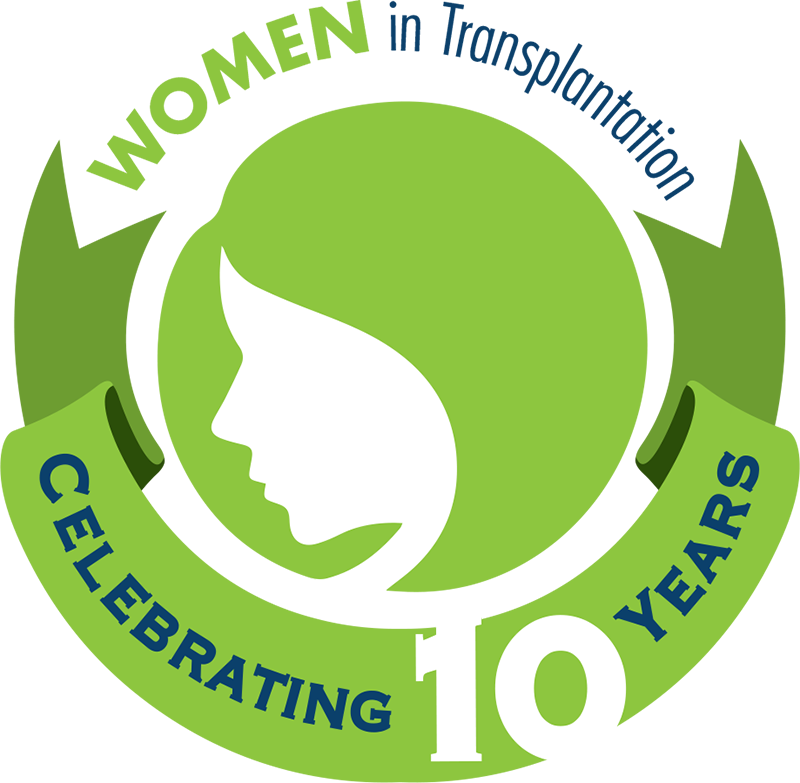
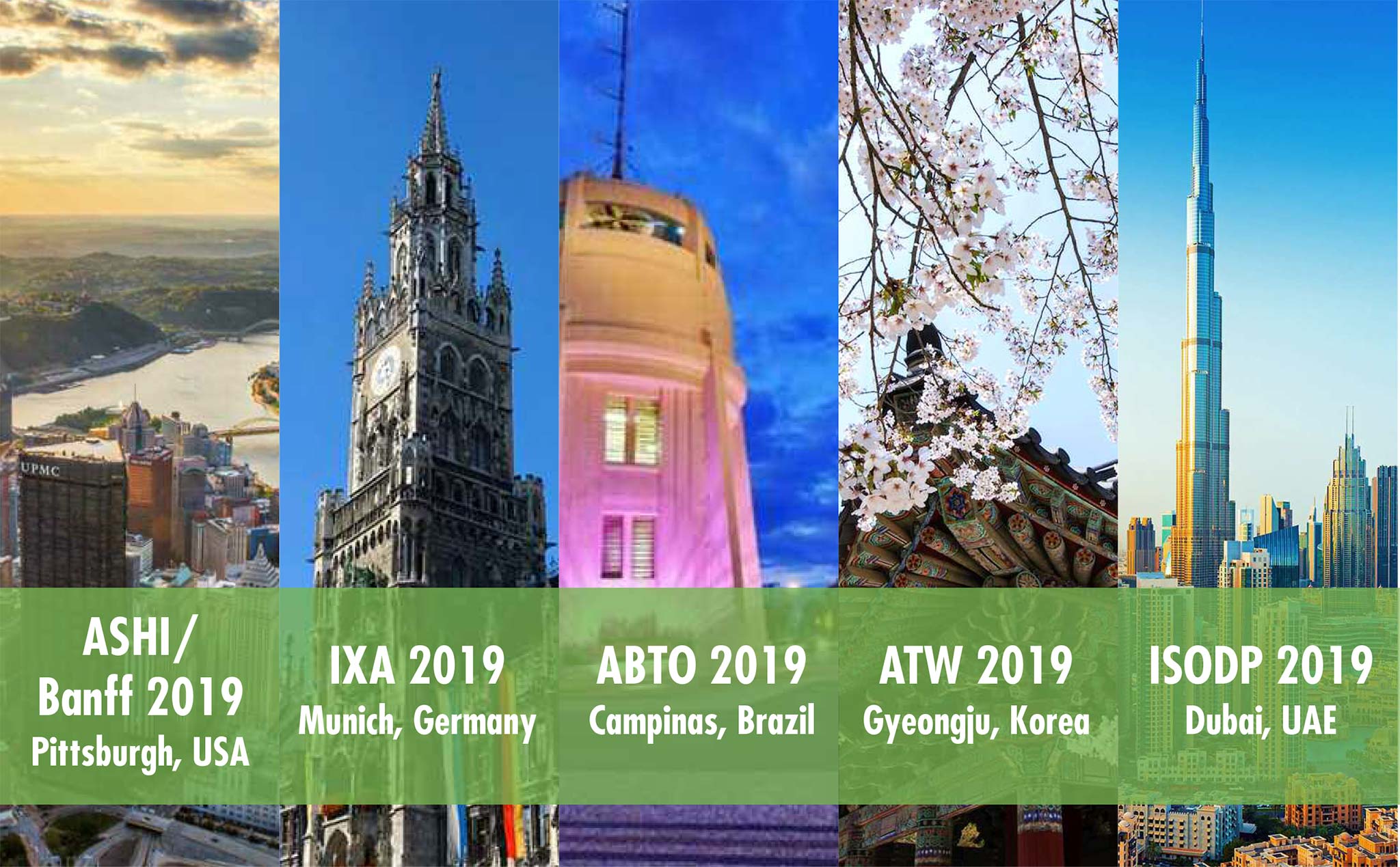
We are thrilled to have a presence at the 2019 Asian Transplant Week (www.atweek.org), October 17–19, where specialists from Mongolia, Myanmar and Malaysia will share their experiences as women transplantation professionals. We will also be hosting a networking event there.
We then conclude the year with a dynamic set of lectures at ISODP, November 14–16, (www.isodp2019.org) from local experts Mona Al-Rukhaimi and Eyman Thabet on topics ranging from the first kidney transplant in Dubai to the effect of gender on transplantation.
Having refreshed our look with new branding this year, we are harnessing social media through our newly activated Twitter account (@wit_tts), and have recently launched our new website! Included in the new site is a database of women transplantation professionals who are or who aspire to be speakers, moderators, chairs and panel participants on relevant WIT-related topics (and all topics!) at conferences and meetings. With an aim for this database to be available to conference organizers internationally, we anticipate that this will become a valuable tool to encourage inclusion of women in prominent roles in educational and professional activities internationally.
WIT is organized into two pillars. Pillar 1, led by Dr. Christine Falk (Hanover, Germany), has the goal of supporting and promoting women transplant professionals around the world. Pillar 2, led by Dr. Bethany Foster (Montreal, Canada), focuses on promoting research on the influence of sex and gender in transplantation and advocating for sex and gender equity in transplantation.
We take this opportunity to salute the vision of Dr. Kathryn Wood, who founded WIT during her TTS presidency, seeing the abundant possibilities inherent in engaging and supporting the voices of the women in our field. We celebrate our tenth anniversary with gratitude for the continued support of TTS, our many partnering societies and our loyal industry supporters, as well as excitement and anticipation at having the opportunity to work with new partners. This support has enabled us to continue to spread the message of WIT globally.
If you are interested in becoming a member of Women in Transplantation, supporting us, being put onto our mailing list, attending a WIT event, or simply hearing more about who we are and what we do, please contact Katie Tait, our representative at TTS katie.tait@tts.org or visit www.tts-wit.org.
ISN-TTS Sister Transplant Centers Program Application Deadline: October 1st, 2019
The Transplantation Society has partnered with ISN and ILTS to offer two programs that encourage partnerships between an emerging transplant center in a developing economy and established transplant center. Successful applications are awarded funding to help facilitate educational relationships.
TTS-ILTS Paired Transplant Centers Program Application Deadline: December 31st, 2019
Transplantation has delivered more high quality papers in the field of transplantation than any other journal for the past three years and the short term – 1 year – impact factor is rising fast – now at 4.6. Accepting around one in five submitted papers it is the place to publish to reach the global transplantation community. The journal is cited more frequently than any other specialist transplant journal and is in the top rank of all Surgery journals.
This is your journal which you can access as a benefit of membership and contains much of what you need to know to remain current in your field. The special features section of the journal highlights both the people and the places where transplantation is reaching, as well as providing you the highlights of highly selected papers you may have missed in other high impact journals. Watch for features on statistics in transplantation and for a pick up in trials in transplantation, expert analysis and commentary on the issues of the day.
Contribute your science to the field of transplantation through the premier journal Transplantation.

scientific value with an exciting lineup
The Cell Transplant and Regenerative Medicine Society invites you all to join us for our 16th CTRMS bi-annual congress on September 21–25, 2019 in Lesvos, Greece and enjoy the scientific value in a majestic and picturesque destination known for its ancient sites and stunning coastline with rich archaeology.
A meeting that will be filled with a wealth of scientific knowledge on the beautiful island of Lesvos. The Scientific Program offers an exciting line-up with great speakers, to learn more visit www.ctrms2019.org.
The congress registration fee includes two (2) island tours; Molyvos, a true island gem, built of stone houses that surround the castle once conquered by Achilles during the Trojan war; and Sigri, a crescent-shaped town with a castle built in the 18th Century nestled on a beautiful bay. Enjoy our pre and post Athens In A Day organized congress tour option.
Visit the congress website for detailed congress information and be sure to watch the video of The Aegean Symphony to get to know more about Lesvos.
HIGHLIGHTED WORKSHOPS and SPEAKERS
-
Co-Sponsored by JDRF/Novo Nordisk
Dr. Klearchos Papas, Arizona, USA
Key Issues in Organ and Tissue Preservation and Enzymatic DigestionDr. Andrew Pepper, Alberta, Canada
Immunoisolation Devices Versus Non Immunoisolating Scaffolds: Pros and Cons -
Co-Sponsored by Nordmark
Dr. Michael J. Taylor, South Carolina, USA
New Approaches to the Preservation of Cells, Tissues and Organs -
Hot Topics in Cell Transplantation
Dr. Camillo Ricordi, Miami, USA
Hot Topics in Cell Transplantation: Correction of Liver-based Monogenetic Disease: Current Strategies, Future Developments
Dr. Shuji Terai, Niigata-shi, Japan
Hot Topics in Cell Transplantation: Allogenic Mesenchymal Stem Cell Therapy for Liver Cirrhosis and Inflammatory Bowel Disease. Basic Study and Clinical Trial
• Sponsored by CSL Behring -
The Ricordi Lecture
Dr. Thierry Berney, Geneva, Switzerland -
Meet the Experts: Bioethics – Future Prospects
Dr. Vasiliki Mollaki, Athens, Greece
Implementation of a New Legislation on Research: One Step Closer to Responsible Science
Dr. Theodoros Xanthos, Nicosia, Cyprus
Bioethics and Research: How to Organize Your Steps and Decisions
Dr. Elizabeth O. Johnson, Nicosia, Cyprus
Modern Challenges in Bioethics, for the Medical Schools and Their Students and Researchers
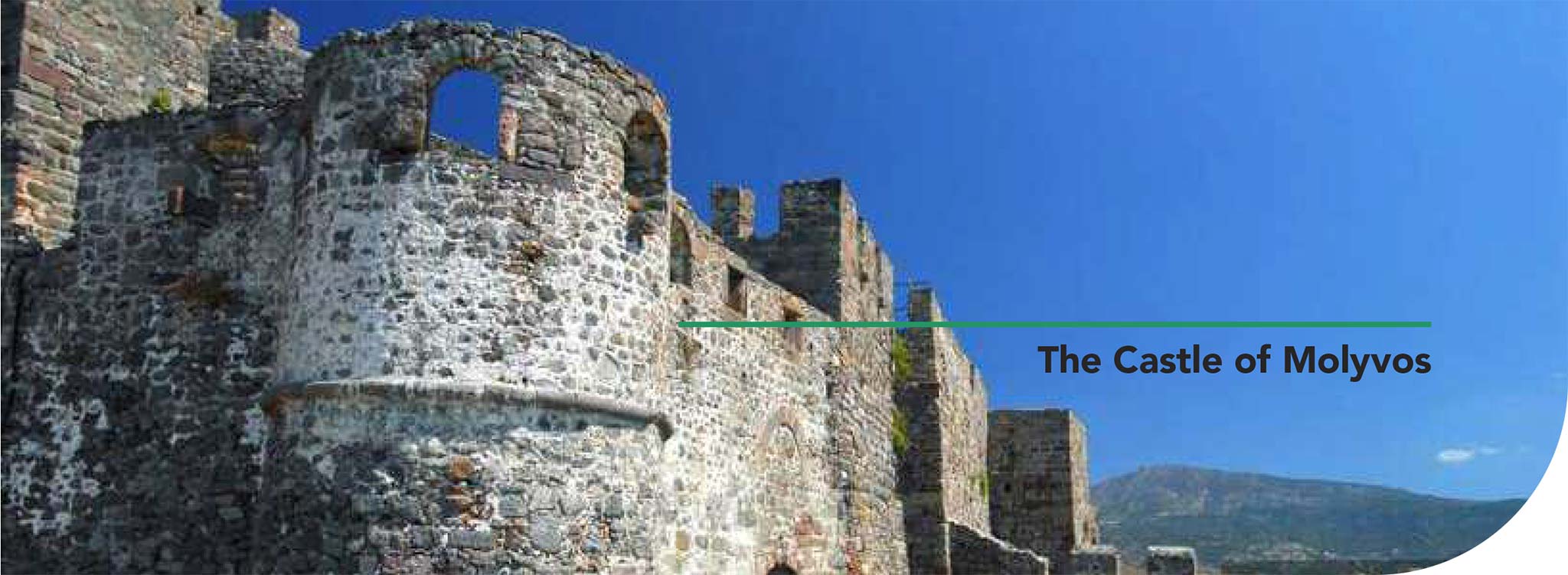
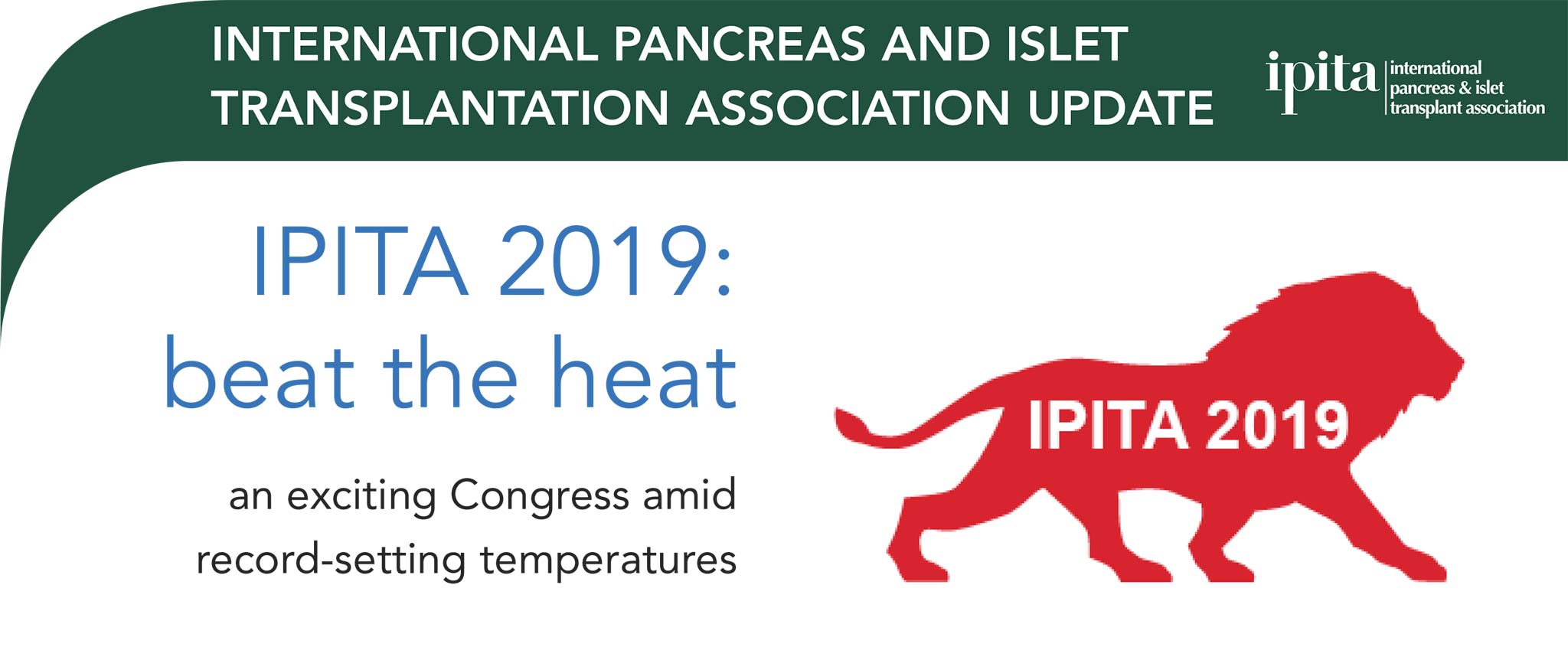
On July 2-5, Catholic University in Lyon, France, hosted the 17th World Congress of the International Pancreas and Islet Transplant Association. Nearly 350 attendees from over 30 countries and 5 continents discussed the latest developments in beta cell replacement to treat type 1 diabetes. It was an exciting time, as Southern France was in the midst of a record heatwave with temperatures to 45.9˚C, IPITA shared Lyon’s international stage with the FIFA Women’s World Cup semifinals in which the US team prevailed over a spirited UK team.
The Congress began with a pre-meeting focused on follow-up of the consensus conference held by IPITA in Igls, Austria, in 2017 that established a paradigm to define post-transplant beta cell function; such criteria have long been lacking in the field and will facilitate scientific comparison of outcomes of various approaches to beta cell replacement. The meeting proper centered on advances in pancreas and islet transplantation as well as new developments in artificial pancreas, stem cells and beta cells, xeno-islets and blastocyst complementation to generate human organs in animal hosts.
Several highlights from the meeting merit specific mention. First is the fine work of the Young Investigators Committee (YIC) which not only developed and ran an excellent pre-meeting pancreas recovery simulation session, but also orchestrated the “Cavemen versus Dinosaurs” debate forum during which the YIC Cavemen challenged long-held dogma about pancreas and islet transplantation that the more mature Dinosaurs tried to defend; it was an epic battle in which both sides claimed victory.
Second, there was clear evidence presented of improved results for both isolated islet and whole organ pancreas transplant. The value of these options was poignantly illustrated in testimonials by type 1 patients during two plenary sessions about living with T1D and the impact of a cure. Most exciting though may the report of plans for the first non-encapsulated trial of porcine islets with clinically relevant immunosuppression, and the critical mass of academic and industry teams progressing toward clinical evaluation of stem cell derived islets.
Please join IPITA to continue these discussions at the Third Opinion Leaders meeting on Stem Cell Derived Beta Cells on April 21-22, 2020 in Boston, MA, at the Martin Conference Center at Harvard Medical School. And, we look forward to seeing substantive additional progress over the next two years when we convene the tri-partite meeting of IPITA, IXA, and CTRMS to be held October 20-25 in 2021 San Diego, California.
Finally, on behalf of the Association, we wish to thank Dr. Thierry Berney for his strong and able leadership as IPITA President over the past two years.
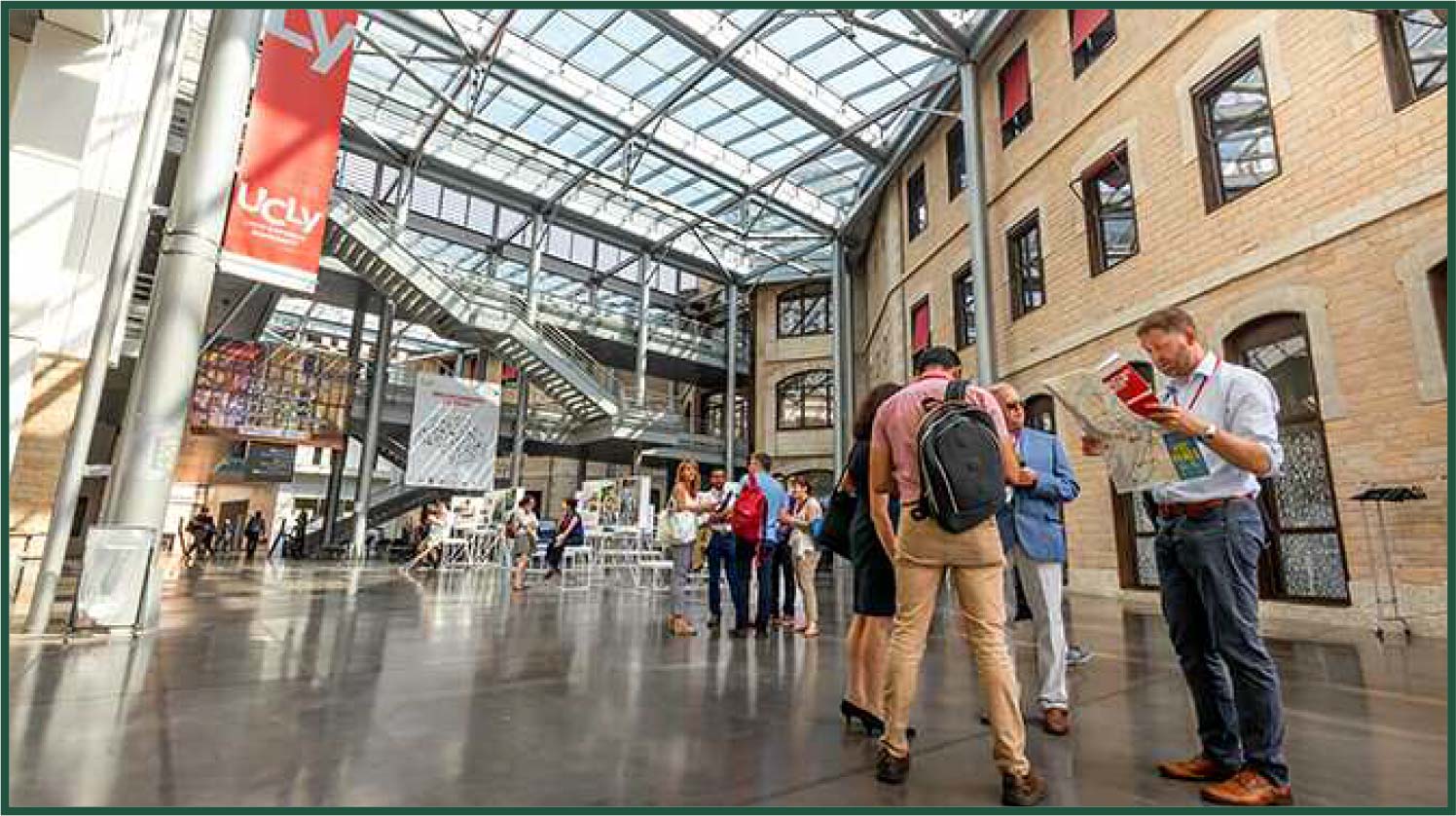
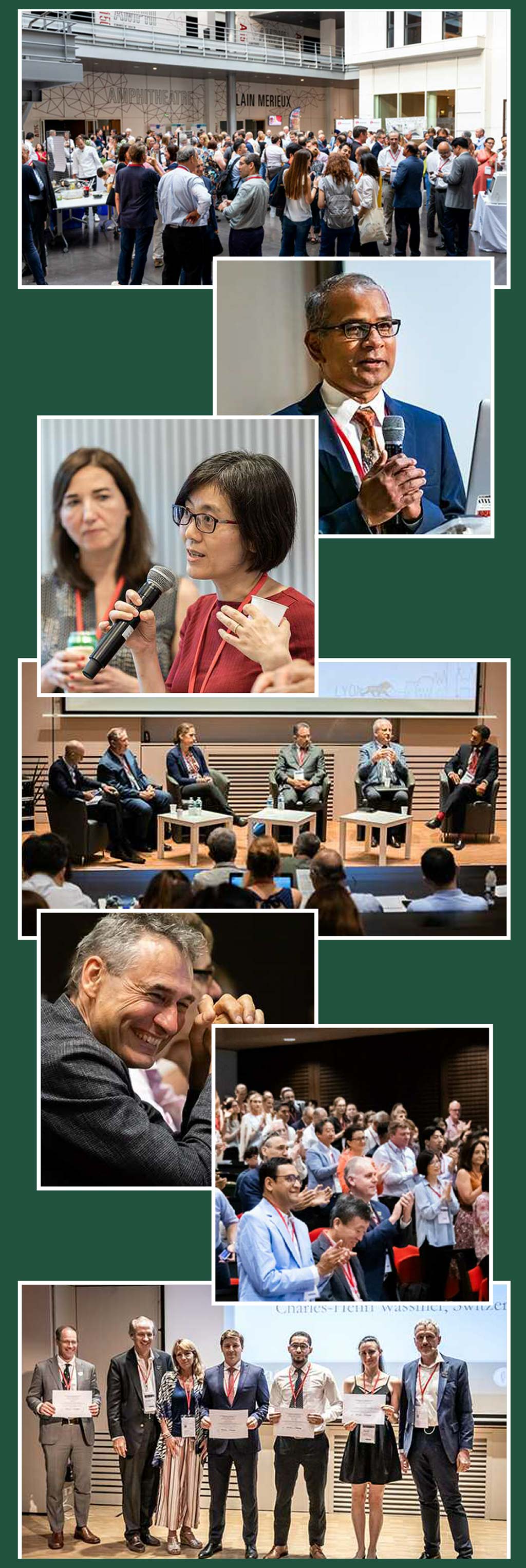
IPITA 2019 Award Winners
IPITA Young Investigator Awards
- Antonio Citro
San Raffaele Institute, Milan, Italy
Bioengineering of an iPSC Derived Vascularized Endocrine Organ for T1D - Michiel Nijhoff
Leiden University Medical Center, Leiden, The Netherlands
Long-Term Outcomes of Pancreas-After-Kidney and Islet-after-Kidney Transplantation - Silvia Pellegrini
San Raffaele Institute, Milan, Italy
Insulin Producing Cells Derived from Induced Pluripotent Stem Cells (Ipsc): A Comparison with Human Islets - Prathab Saravanan
Baylor transplant Institute, Dallas, USA
Withaferin A Attenuates Release of Exosomal Isletokines in Response to Islet ER Stress - Riccardo Tamburrini
Wake Forest, Winston Salem, USA
Novel Water-based, Detergent-free Decellularization to Produce Bioactive ECM-based Scaffolds for Pancreatic Islets Transplantation - Nathan Zammit
Garvan Institute, Sydney, Australia
Optimisation of an Adeno-Associated Virus Gene Delivery into Neonatal Porcine Islets
TTS Young Investigator Awards
- Ibrahim Fathi
Tohoku University, Sendai, Japan
Krp-203 as a Desirable Immunomodulator for Islet Transplantation - Austin Feeney
University of Wisconsin, Madison, USA
BMI is not Universally Predictive of Pancreas and Islet Lipid Content - Fanny Lebreton
University of Geneva, Geneva, Switzerland
Shielding Islets with Human Amniotic Epithelial Cells Protects Islets Against Hypoxia and Enhances Islet Engraftment and Revascularization after Transplantation in a Murin Diabetic Model - Daniel Tremmel
University of Wisconsin, Madison, USA
Reconstructing the In Vivo Niche for Improved Islet Culture and Transplantation - Charles-Henri Wassmer
University of Geneva, Geneva, Switzerland
Assessment of Insulin Sensitivity in Pancreas and Islet Transplant Recipients

ENTHUSIAM FOR NEW VENTURES IN THE YEAR AHEAD
We are delighted to announce the success of our 10th IPTA Congress in Vancouver, Canada from 4-7 May 2019 with over 500 participants from 36 countries.
In addition to the excellent networking opportunities, there were also many learning opportunities in the form of Plenaries, State-of-the-Art talks, and Interactive Workshops. The pre-meeting symposia introduced new concepts including a Writing Course Workshop as well as the first ever Allied Health Symposium on Improving Outcomes in Pediatric Transplantation.
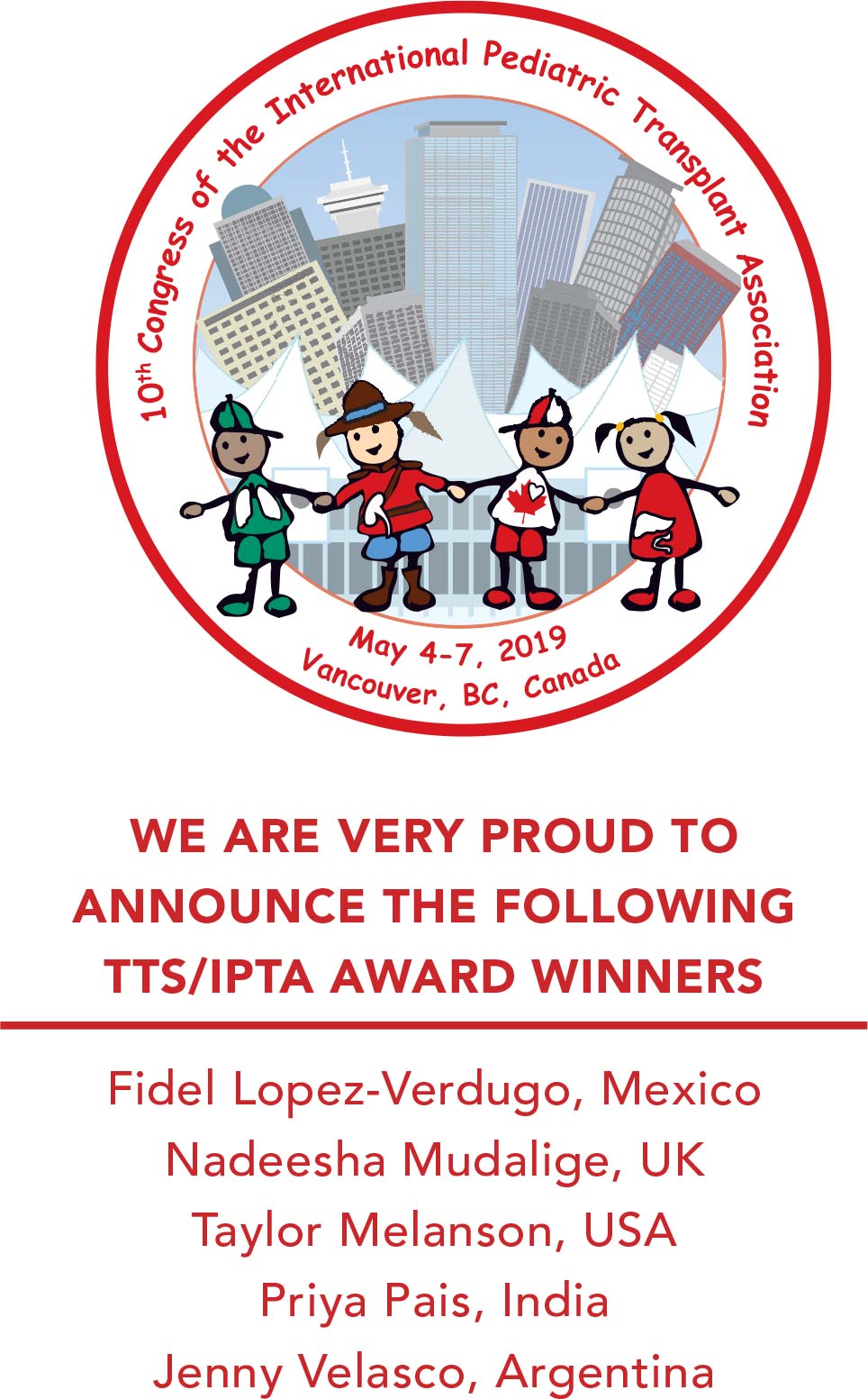
The IPTA Lifetime Achievement award was given to Oscar Salvatierra, Jr. for his dedication to pediatric transplantation. He really appreciated this gesture but unfortunately passed away before he could receive the award in person at the congress ceremony.
Our plans for the year forward include a new ‘Communications’ Committee to join our Allied Health, Education, Ethics, Infectious Disease, Membership, Outreach and Publications Committees. These committee members are all keen and enthusiastic to try new ventures and as part of this, we have a combined TTS/IPTA webinar planned for October 2019.
The IPTA leadership has undergone a change with thanks to Anne Dipchand for her dynamic role and success as Past President, Mignon McCulloch becoming President, Carlos Esquivel President–elect and Lars Pape Secretary-Treasurer.
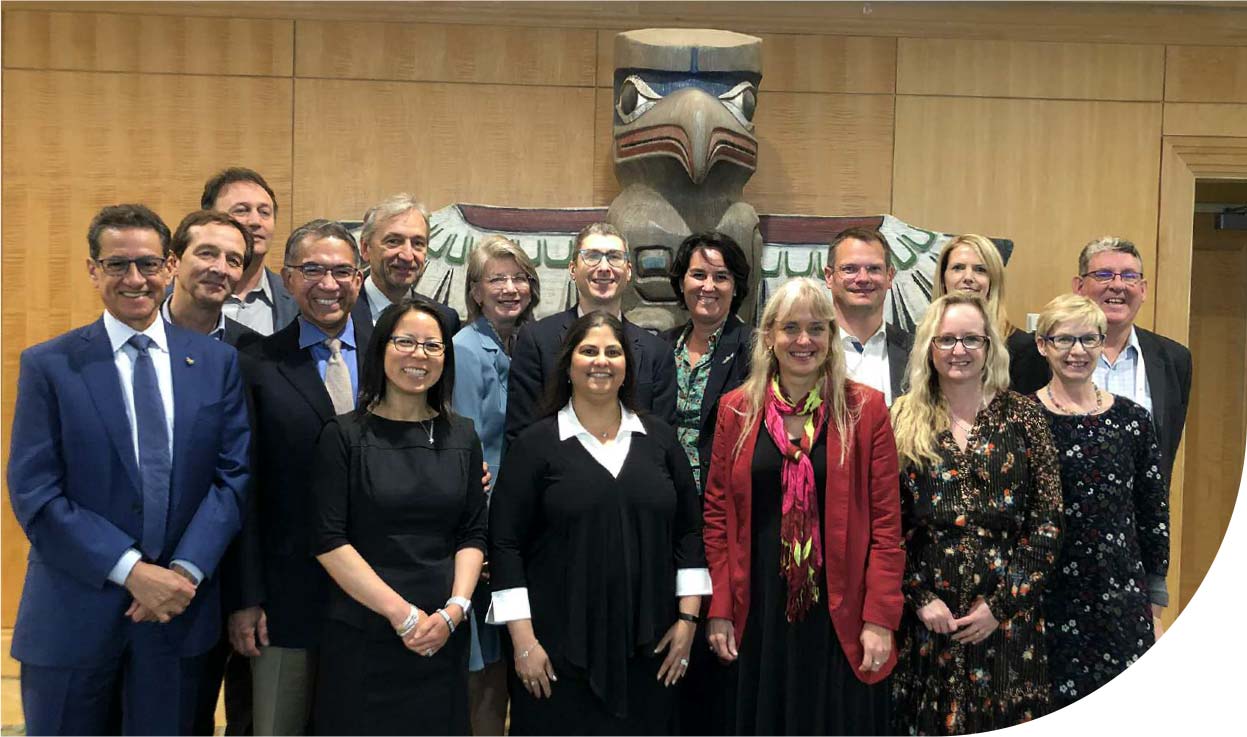
Our IPTA organization is also currently part of a strategic planning process during the course of 2019/2020.
In closing, please save the date for our next IPTA Congress in Prague, Czech Republic during April 17-20, 2021. We hope to see you all there.
Best wishes,
Mignon McCulloch
IPTA President

2019 Organ Donation Congress
We are eagerly anticipating the upcoming 15th Congress of the International Society for Organ Donation and Procurement to be held November 14-16 in Dubai. A relentless focus on advancing organ donation and the challenges of meeting the needs of patients awaiting organ transplantation is the inspiration for this meeting.
Keynote sessions will examine issues and topics driving change and innovation in the organ donation community.
A new focus this year is the launch of a Research in Donation workshop focused on elevating efforts to expand the burgeoning science in donation best practices. Donor interventions, organ preservation, organ utilization, standardization of research language and data collection will all be areas of exploration.
Dubai is at the crossroad of the global community, a perfect forum to hear innovative scientific presentations, address the challenges of increasing deceased donation and sharing best practices across donation communities of excellence.
Please finalize your plans to join us for this ground-breaking Congress where our aim is to advance the science of donation through lively debate and conversation while deepening our connections and expertise across the global communities we serve. This is an important milestone in the development of sound national organ donation systems in the United Arab Emirates and other Middle East nations.
See you in Dubai!
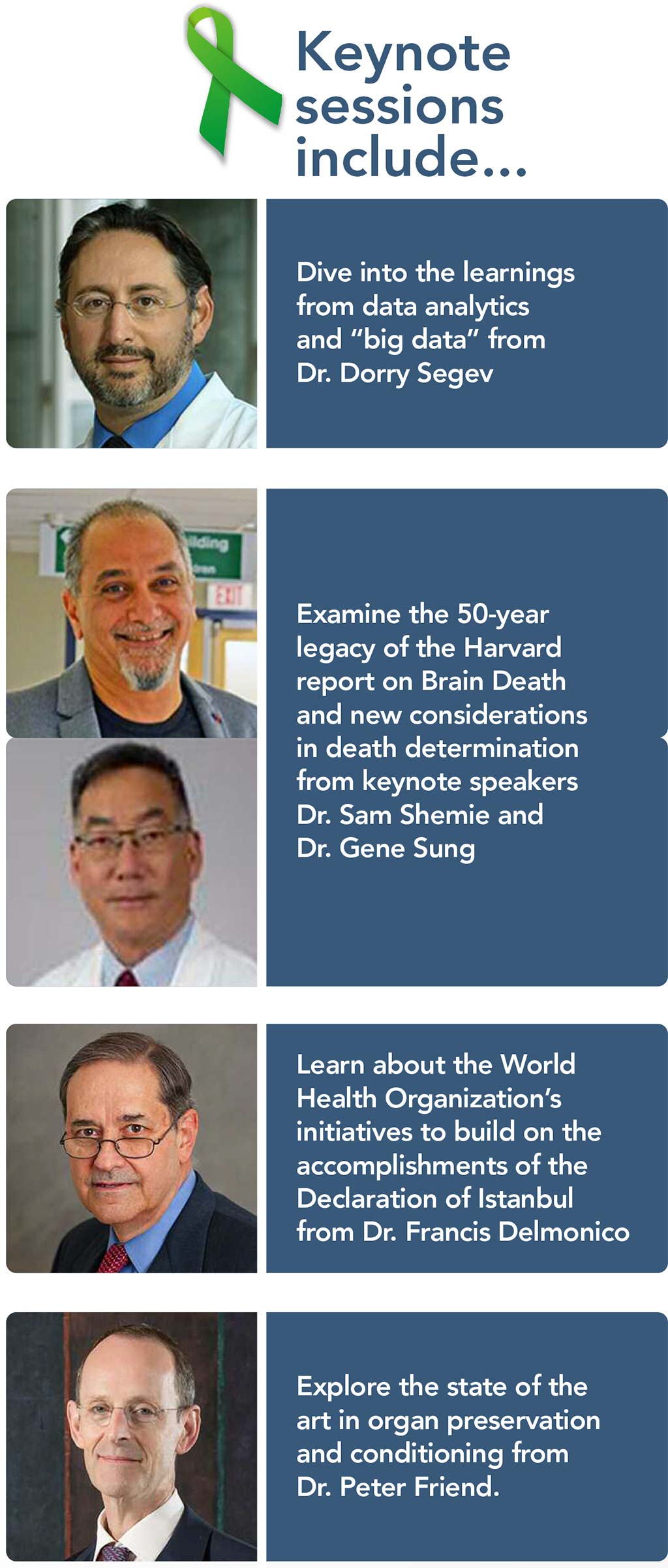

ISVCA 2019 New Delhi
Awarm welcome to the XIV Congress of the ISVCA. This is the first time that the biannual meeting of the ISVCA is being hosted in New Delhi, the capital city of India.
The main conference will be held on 30th September and 1st October 2019 at Greater Noida, New Delhi. The theme of the meeting is “Learning from the Past, Preparing for the Future". Topics covered include immunosuppression, immunomodulation, chronic rejection and complications of VCA. There are special breakout sessions on psychosocial aspects in VCA, prosthetics versus VCA, bioethical dilemmas in VCA and the ISVCA and ASRT working groups progress on defining success and failure in hand and face transplant.
The meeting will be held at the same time and venue of the 16th Conference of the Asian Society of Transplantation (CAST) [www.cast2019.in]. This would be an excellent opportunity for the delegates to interact and collaborate with the pioneers of transplant sciences from Asia.
A post conference satellite symposium will be held at Kochi in the southern state of Kerala on 4th October. The meeting will focus on innovative techniques to overcome barriers in VCA and open new vistas of research.
Apart from the excellent scientific program to learn from, the conference offers the participant an excellent opportunity to visit the attractions of Delhi and Jaipur as well as the Taj Mahal in Agra. After attending the satellite symposium, don’t forget to spend few days to savour the beauty of serene backwaters of Kerala, termed “God’s own country”.
The Transplantation Society awards 5 grants of $1000 each for presenters from emerging economic countries. Please visit the website www.isvca2019.com for further details and registration.
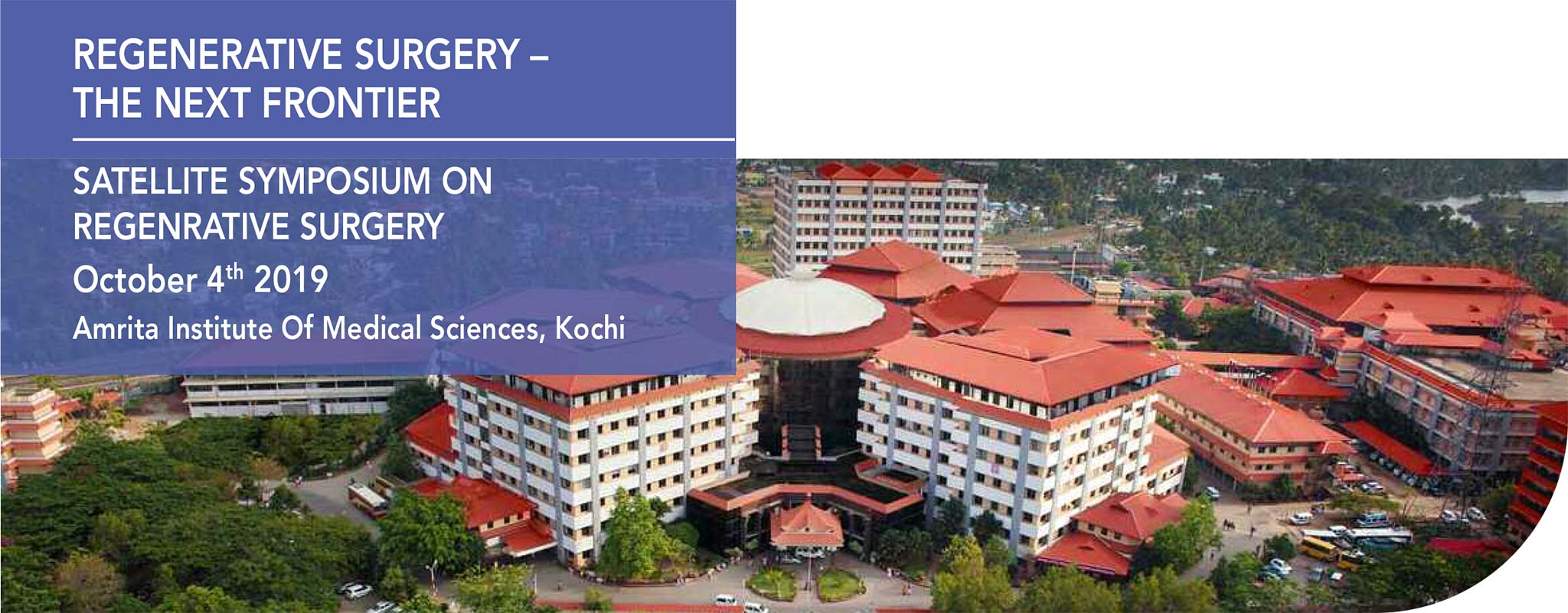

EXTENSIVE KNOWLEDGE SHARING AND NETWORKING, AND A BAVARIAN EXPERIENCE
As the summer months in the Northern Hemisphere are drawing to an end, IXA is ramping up its final planning of the upcoming 15th Congress of IXA, which is this year’s highlight of our organization.
We look forward to welcoming over 200 established researchers and trainees of all levels to Munich, Germany for 4 days of extensive knowledge sharing and networking, and having fun.
The program will include presentations on new strategies to move safety of xenotransplantation to a clinically acceptable level. World-leading scientists will provide overviews of the state-of-the-art in xenotransplantation of organs and tissues. For the first time, regulatory authorities from the USA, Europe and Asia will discuss relevant issues. And that’s only the beginning!
During the following days, in-depth presentations of the latest breakthroughs in preclinical kidney, heart and islet xenotransplantation will be compared with presentations on alternative strategies, such as hemodialysis, mechanical assist devices, closed-loop artificial pancreas systems, and stem cell-derived tissues. A keynote lecture on the derivation of human tissues in animal hosts (by blastocysts or organ complementation) will be followed by an ethical discourse of these strategies. Other topics, such as advances in genetic engineering of donor animals, immune mechanisms including tolerance and public perceptions of xenotransplantation will be covered by dedicated sessions with short and rapid-fire presentations, along with more than 170 posters.
IXA 2019 will welcome a large number of students, fellows, and post-docs. IXA and TTS are supporting the Congress by providing 10 travel awards for trainees, junior members, and/or residents of economically emerging countries. The Vanguard Committee has put together an exciting satellite program for these trainees including a “ask your burning career questions” session, as well as one-on-one mentoring/coaching opportunities between the trainees and mentors. The “Basics in Xenotransplantation” session that will start off the meeting will give a comprehensive overview and provide a discussion forum for trainees as well as newcomers to the field.
We look forward to treating all participants to a fun Bavarian experience from beginning to end. The Ludwig-Maximillians-Universität München (LMU) promises to be a beautiful and historical venue, right in the heart of Munich. Did you know that it is one of the leading research universities in Europe with 547 years of history? All sessions and the Welcome Reception will take place at the LMU. The Congress Dinner has been planned at the Hofbräuhaus, which is Munich’s oldest and most famous beer hall. Get your Dirndl and Lederhosen ready.
We look forward to welcoming you in Munich this October!
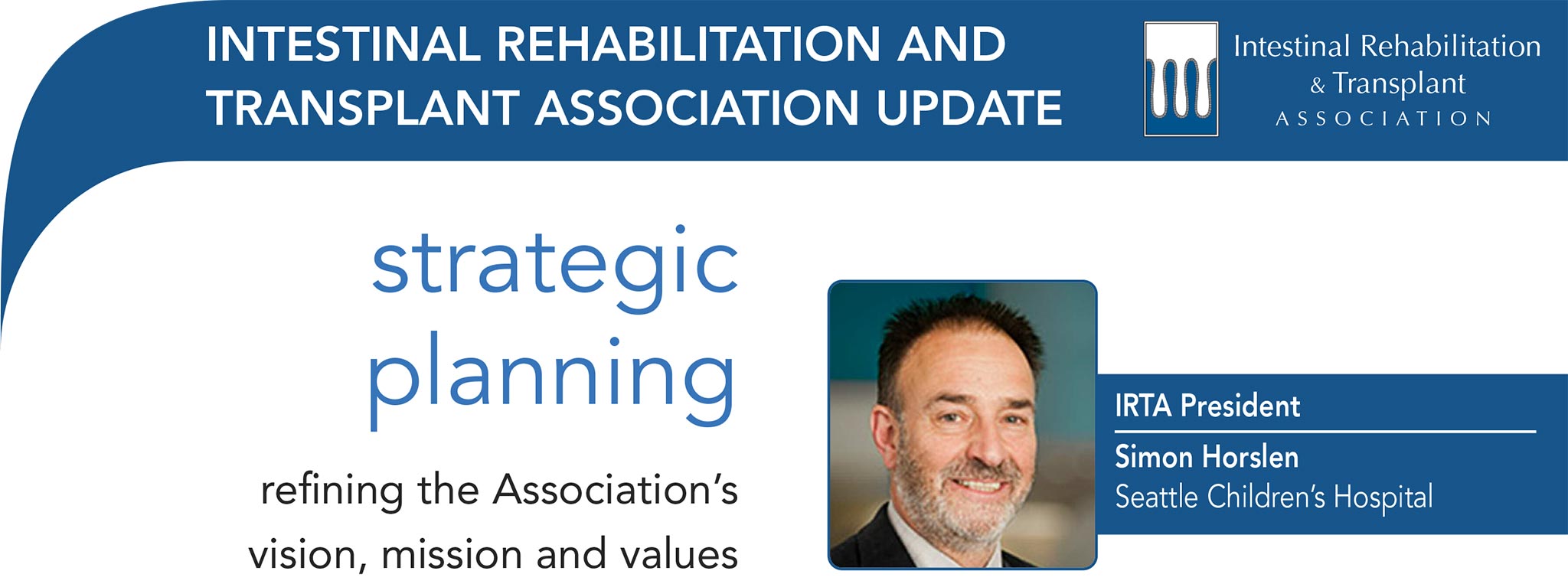
Paris was the beautiful setting for the 16th International Congress of the Intestinal Rehabilitation and Transplant Association which was held on July 3-6, 2019. Over 600 participants from 38 countries enjoyed the spectacular scientific program (www.CIRTA2019.org). Highlights of the Congress included very interactive video surgical sessions, workshops on post-transplant monitoring, endoscopy and pathology criteria as well as balanced didactic and new abstract presentations. Stay tuned to the IRTA Section on www.tts.org for the session recordings available to members. We extend a huge thanks to Florence LaCaille and the local team for their passion and focus in planning a fantastic program.
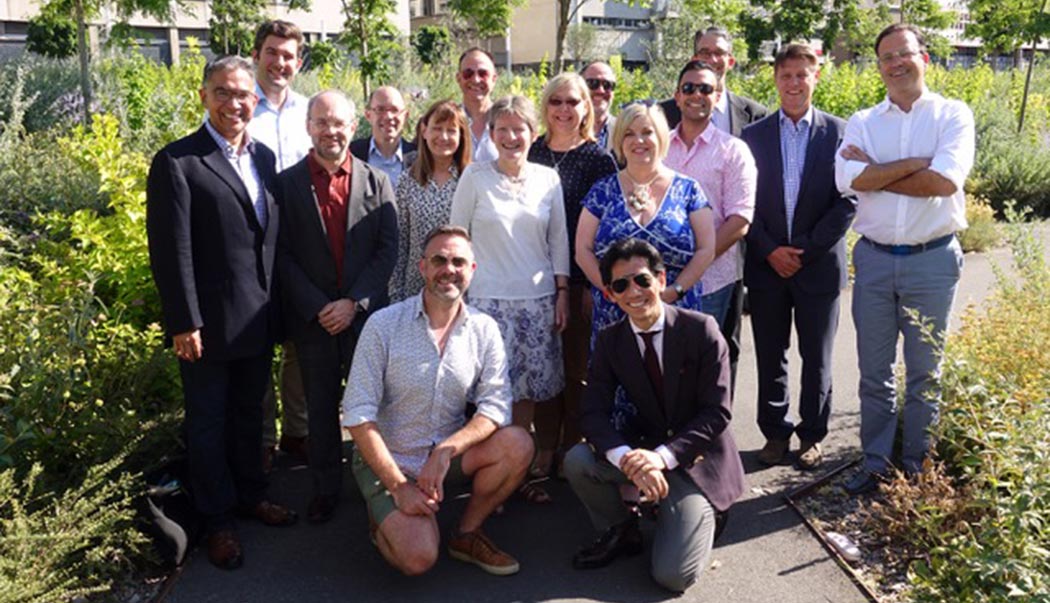
IRTA COUNCIL 2019-2021
Left to right: George Mazariegos, Laurens Ceulemans, Gabriel Gondolesi,
Matt Everly, Jonathan Hind, Beverly Kocmach-Park, Simon Horslen,
Florence Lacaille, Debra Sudan, Yaron Avitzur, Taizo Hibi, Helen Evans,
Amin Roberts, Robert Venick, Palle Bekker Jeppesen, Rodrigo Vianna
The IRTA Council also met for a day of strategic planning to refine the Association’s Vision, Mission and Values. And the planning is underway for the next Congress in Auckland, New Zealand! Finally, The IRTA welcomed Simon Horslen as the new IRTA President. Thank you to the Council for the investment and work in the Association.
Paris was a superb setting for the meeting which was capped off with a beautiful 3-hour cruise along the River Seine. We welcome new members to the IRTA at www.tts.org as we continue the development of the field of intestine rehabilitation and transplantation!
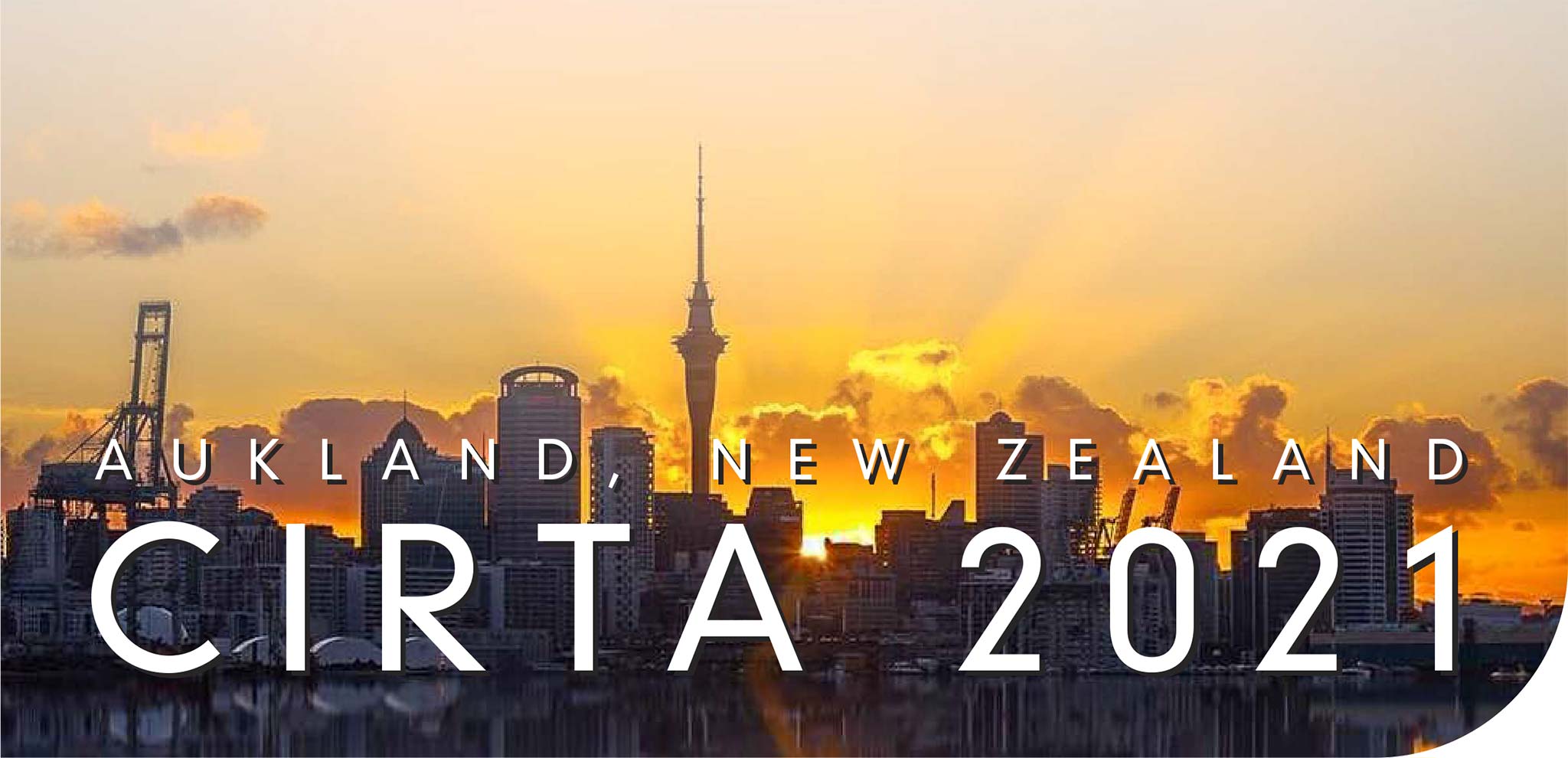
2019 TTS-IRTA AWARD WINNERS
- Arpit Amin
University of California Los Angeles, USA
Pre-, Peri-, and Post-Operative Predictors of Survival after Intestinal Transplantation: Results from a Single-Center Analysis - Irum Amin
Cambridge University Hospitals NHS Foundation, UK
Use of Arterial Embolisation to Facilitate Exenteration during Multi-visceral and Intestinal Transplantation - Alba Bueno
La Paz Universitary Hospital, Spain
The Use Of Alemtuzumab as Immunosuppressive Induction in Intestinal Transplantation among Pediatric Population - Emilio Canovai
University Hospitals Leuve, Belgium
Int 767 – A Novel Dual Farnesoid-X Receptor (Fxr) and Takeda G-Protein-Coupled Receptor-5 (Tgr5) Agonist Attenuates Intestinal Ischemia Reperfusion Injury - Kim Herbison
Starship Children's Hospital, New Zealand
Intestinal Failure in a Tertiary Children’s Hospital Before and after the Establishment of a National Intestinal Failure Service; Incidence, Aetiology and Outcome - María Inés Martínez, Caroline Rumbo
Hospital Universitario Fundacion Favaloro, Argentina
Long Term Results of a Series of Pediatric Patients with Short Bowel Syndrome Treated at an Intestinal Failure, Rehabilitation and Transplant Program
- Vikram Raghu
UPMC Children's Hospital of Pittsburgh, USA
Intestinal Failure in a Tertiary Children’s Hospital Before and After the Establishment of a National Intestinal Failure Service; Incidence, Aetiology And Outcome - Stephanie So
The Hospital for Sick Children, Canada
Physical Activity, Strength and Fatigue in Children with Intestinal Failure On Parenteral Nutrition - Pablo Stringa
Instituto De Estudios Inmunologicos Y Fisiopatologicos, Argentina
Native Spleen Preservation Attenuate Graft Versus Host Disease in an Experimental Model of Modified Multivisceral Transplantation - Elizabeth Waffarn
Columbia Univeristy, USA
Dynamic Repopulation, Phenotypic Evolution and Clonal Distribution of Recipient B Cells and Plasma Cells in Graft Mucosa Associated with Rejection after Human Intestinal Transplantation - Fangfang Wang
University of Nebraska Nebraska, USA
Glucocorticoid Treatment Improves Enteral Feeding Tolerance in Pediatric Short Bowel Syndrome Patients with Chronic Intestinal Inflammatory Changes
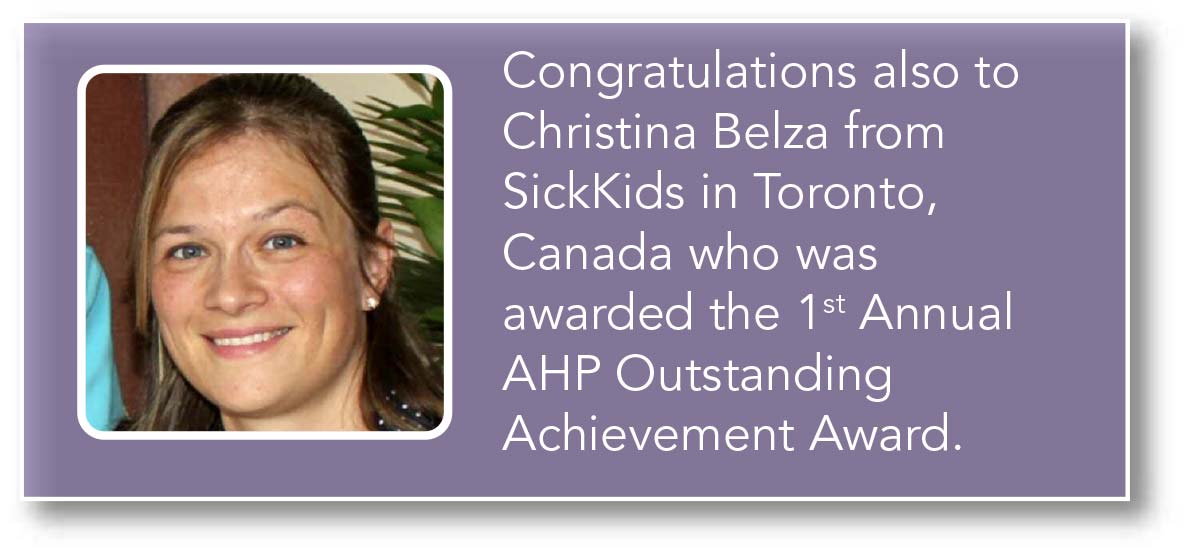

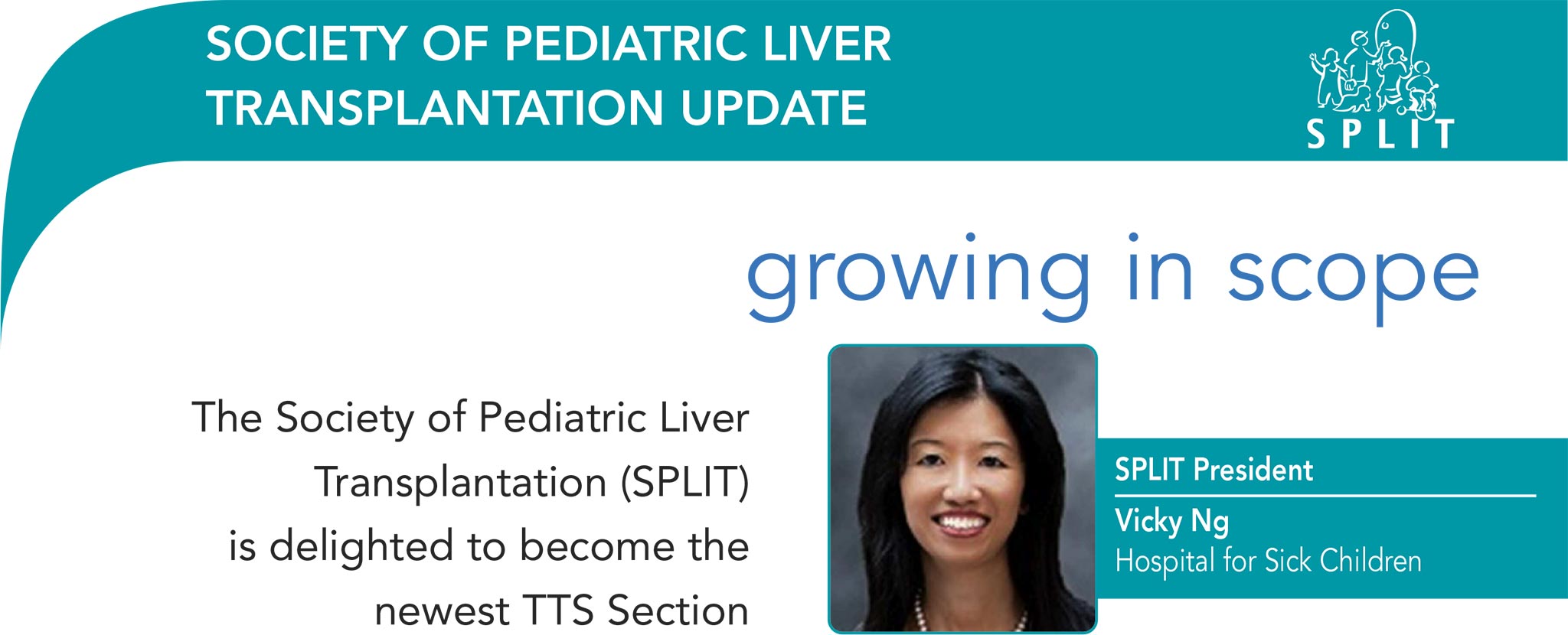
Started in 1995 as “Studies” of Pediatric Liver Transplantation, a multi-center, observational, longitudinal registry collecting prospective data, the SPLIT mission steadfastly remains to improve the outcomes in children receiving liver transplantation via research, quality improvement, education, training, mentorship and patient advocacy. The SPLIT registry was instrumental for the development of the Pediatric End-Stage Liver Disease (or PELD) severity scoring system for children in the United States, and facilitated successful National Institutes of Health (NIDDK) U01 consortium funding between 2004 and 2009. Over the past decade, SPLIT has continued to grow in scope and membership, but remains constant with the unwavering vision to be the voice for children requiring liver transplantation. In 2018, SPLIT incorporated, formally changed its name to “Society” of Pediatric Liver Transplantation (allowing retention of our longstanding SPLIT acronym), acquired tax-exempt status (501c(3)), and became the newest Section of The Transplantation Society.
SPLIT is currently comprised of over 40 pediatric liver transplant centers from the United States and Canada, as well as three sites from Australia, India and Saudi Arabia. The SPLIT Executive Committee (comprised of SPLIT President, Past-President, President-Elect, and Treasurer along with SPLIT data coordinating center and TTS liaison representatives) oversees all SPLIT activities and finances. We have a vibrant list of active SPLIT committees (Advocacy, Research, Registry, Education, Allied Health Professionals, Quality Improvement and Clinical Care, and PFEP (Parents, Families, and Engaged Partners)), with Chairs represented on our SPLIT Council.
Are you interested in becoming part of a vibrant community with a passion for improving outcomes for children requiring liver transplantation? Visit www.tts.org to become a SPLIT-TTS member today!
Benefits of SPLIT membership include:
- Immediately becoming part of a vibrant and established community who share this passion
- Access to participate in SPLIT committees
- Eligibility for SPLIT research and travel grants
- Discounted membership fees for TTS and other TTS sections
- Discounted registration fees to attend SPLIT Annual Meetings
Questions about SPLIT? Please do not hesitate to reach out to:
Vicky Ng - SPLIT President
vicky.ng@sickkids.ca
Beau Kelly - SPLIT President-Elect
beaukellymd@gmail.com
Katie Tait - TTS-SPLIT Liaison
katie.tait@tts.org.
To consolidate its position as the leading global organization, the Council has representation from all six regions of the world: Asia, Europe, Latin America, Middle East/Africa, North America and Oceania.
EXECUTIVE MEMBERS
| PRESIDENT Mehmet Haberal |
| PRESIDENT-ELECT Marcelo Cantarovich |
| IMMEDIATE PAST PRESIDENT Nancy Ascher |
| VICE-PRESIDENT Elmi Muller |
| SECRETARY John J. Fung |
| SENIOR TREASURER Stefan G. Tullius |
| TREASURER Minnie Sarwal |
| HISTORIAN Randall E. Morris |
| INTERNATIONAL HEADQUARTERS Jean-Pierre Mongeau Executive Director |
COUNCILORS
| ASIA Hiroto Egawa S. Adibul Hasan Rizvi |
| EUROPE Peter J. Friend Martí Manyalich Vidal |
| LATIN AMERICA Maria Gerbase De Lima Gabriel E. Gondolesi |
| MIDDLE EAST / AFRICA Mustafa Al-Mousawi |
| NORTH AMERICA Medhat Askar Peter G. Stock Megan Sykes |
| OCEANIA Karen Dwyer Steven J. Chadban |
Contact
Address
The Transplantation Society
International Headquarters
740 Notre-Dame Ouest
Suite 1245
Montréal, QC, H3C 3X6
Canada
Используйте Вавада казино для игры с бонусом — активируйте промокод и начните выигрывать уже сегодня!

